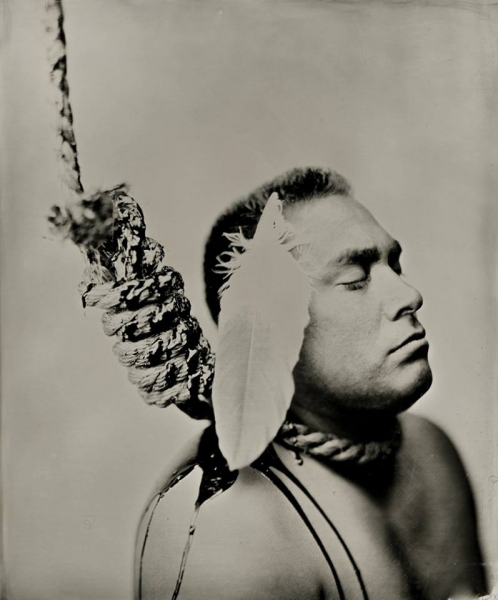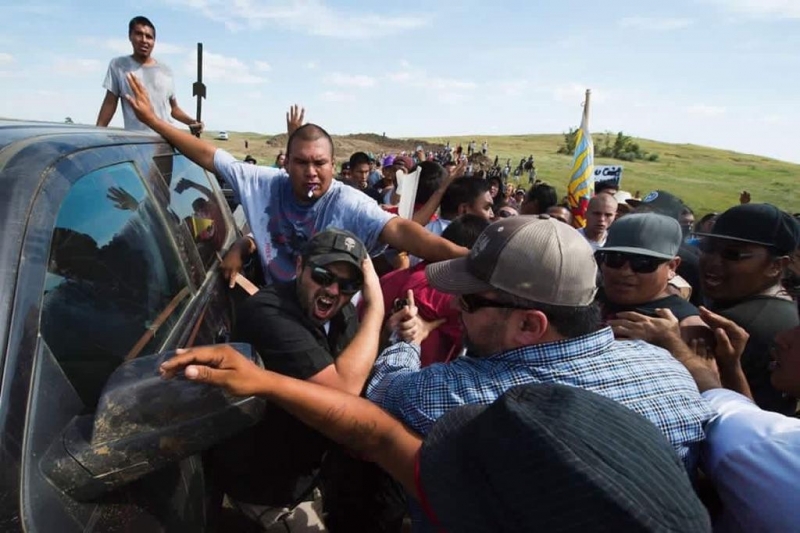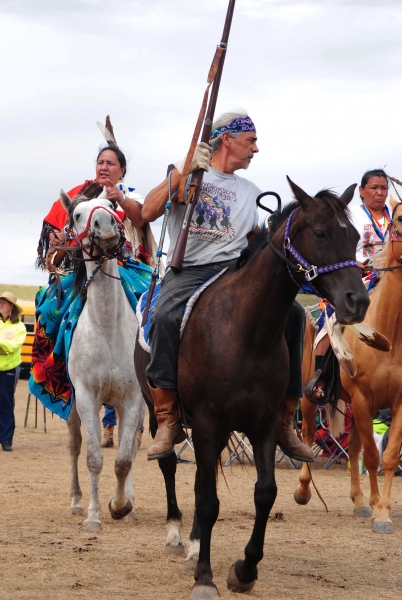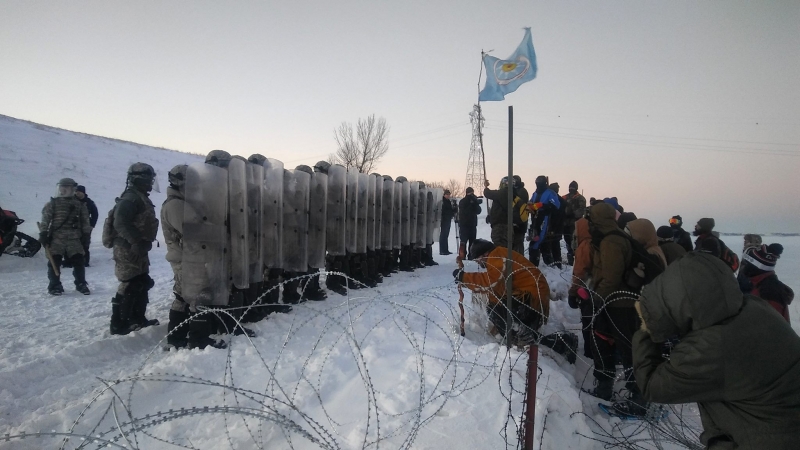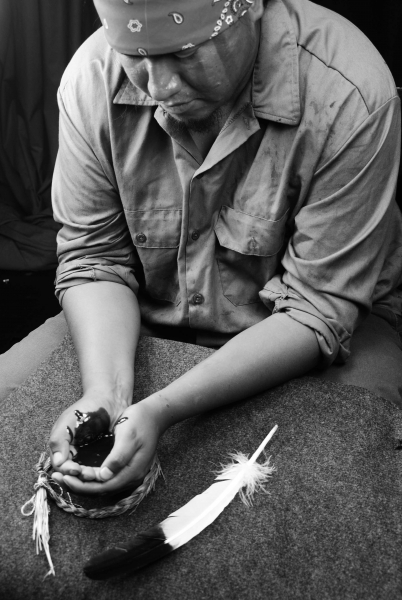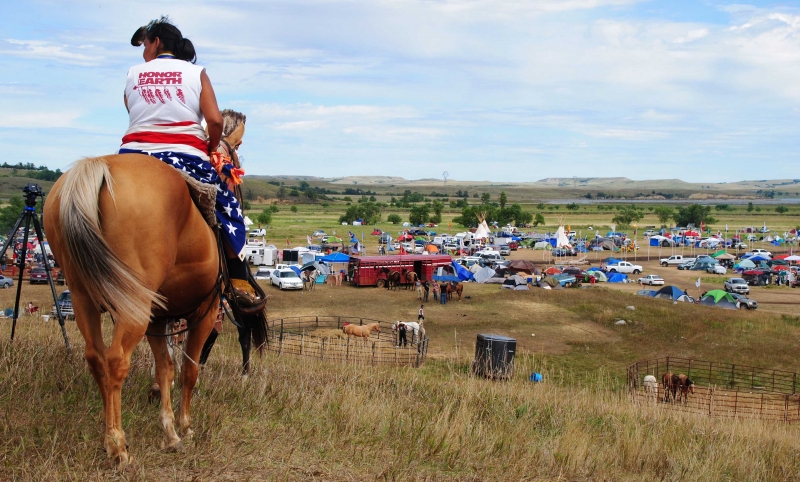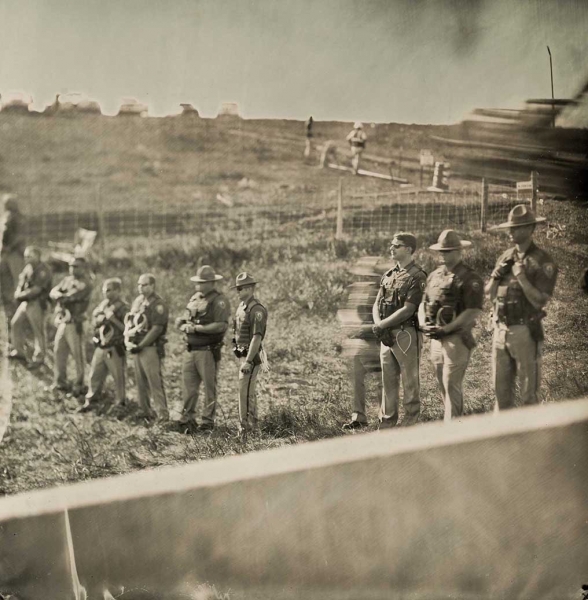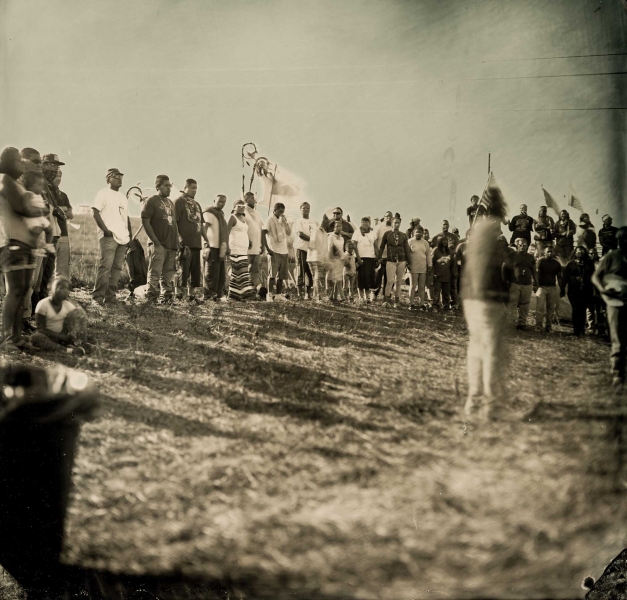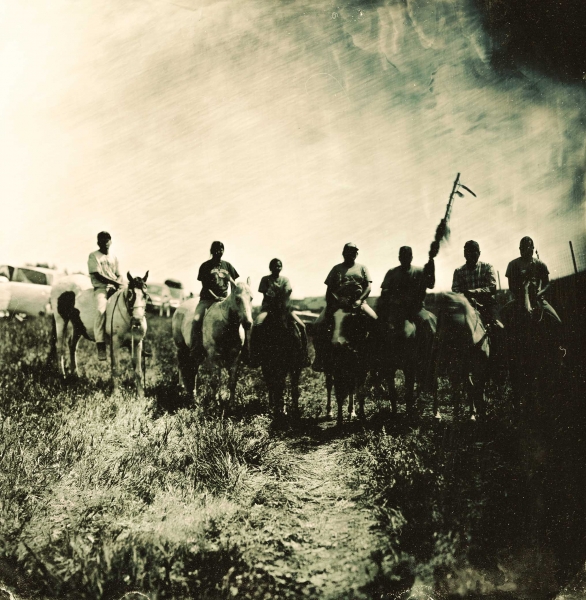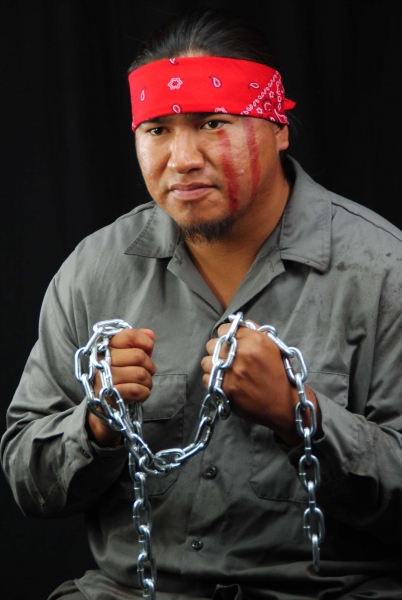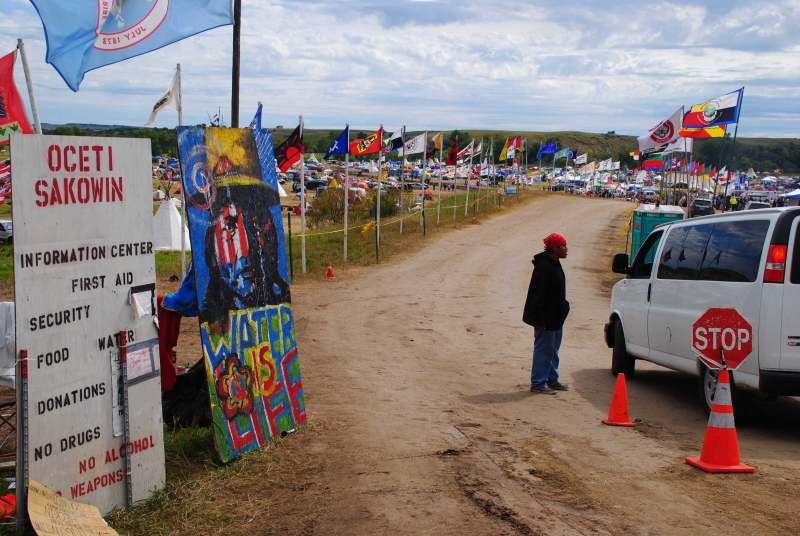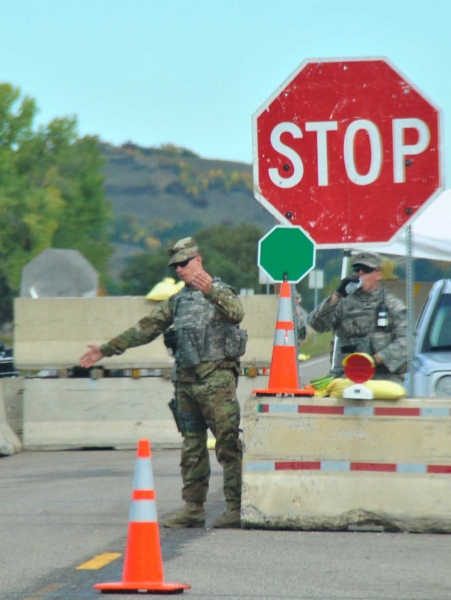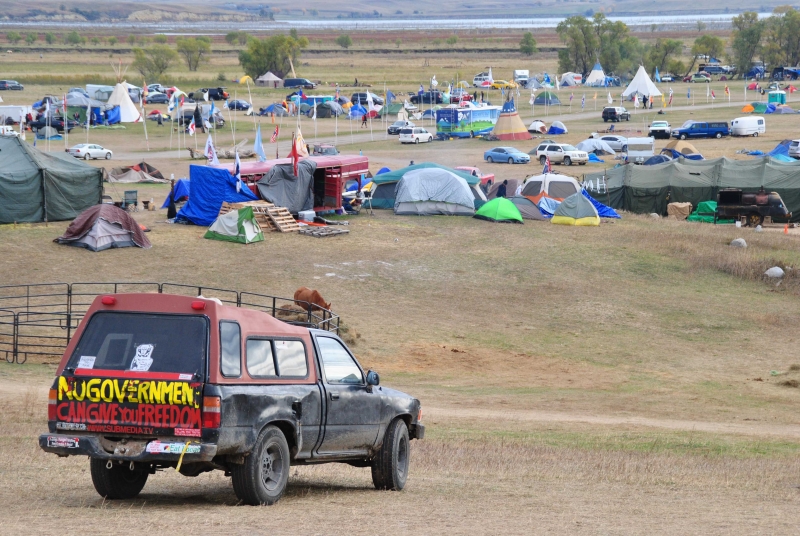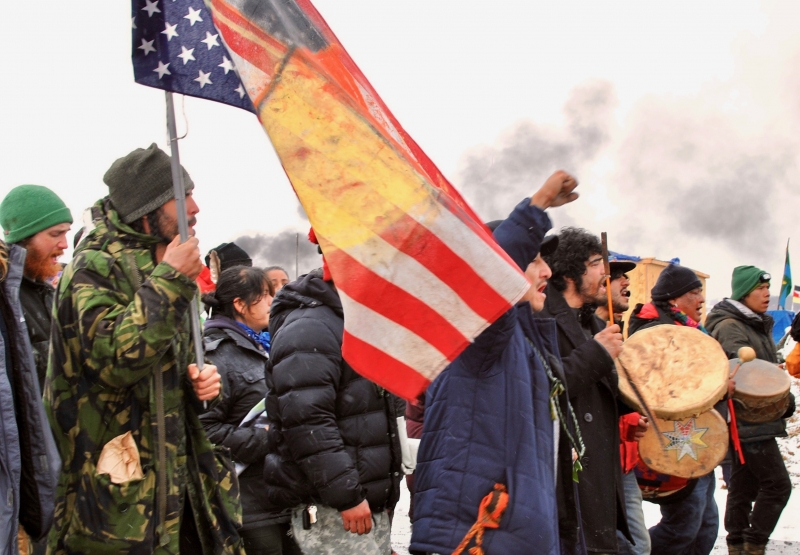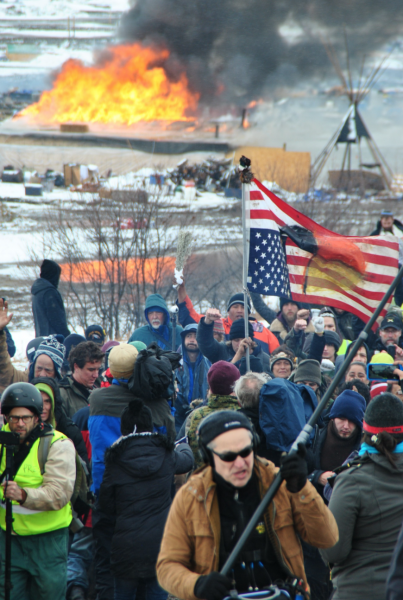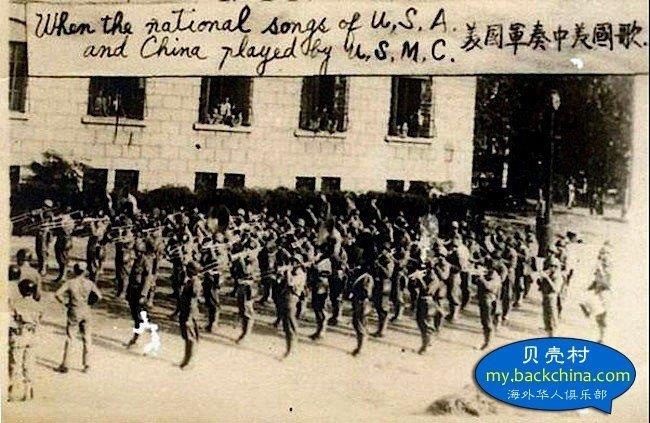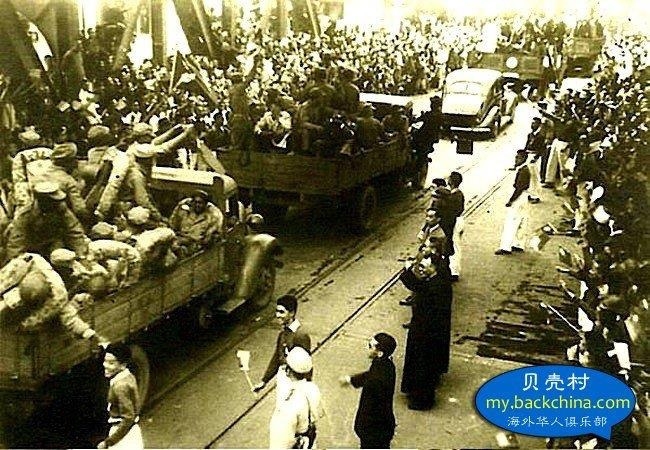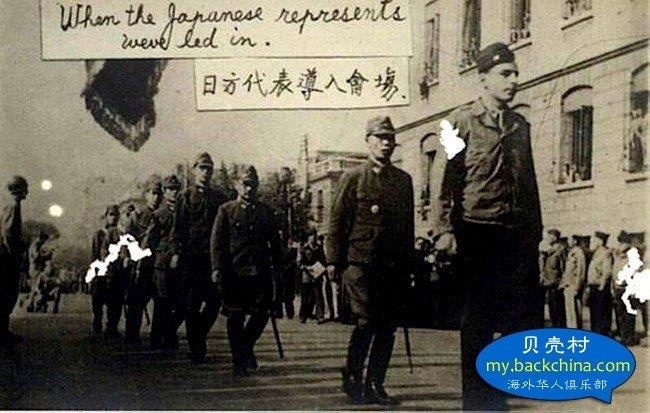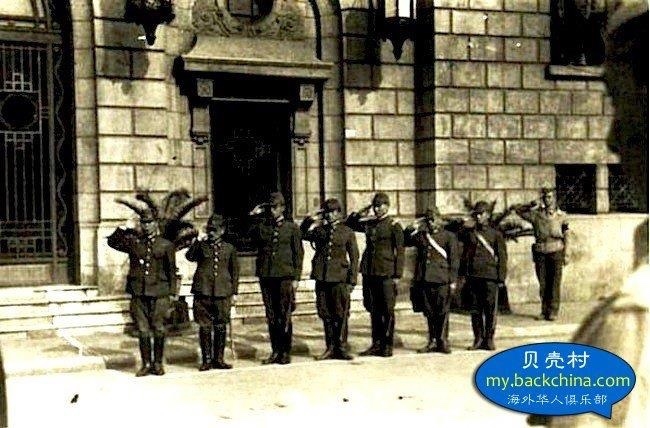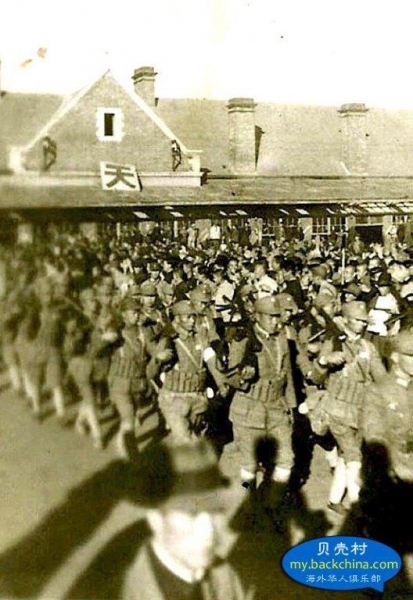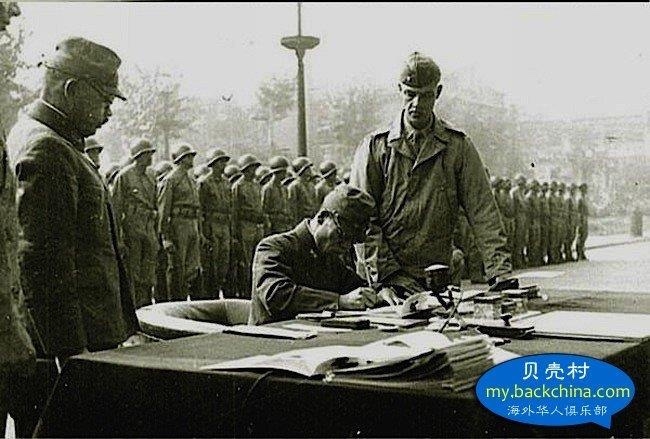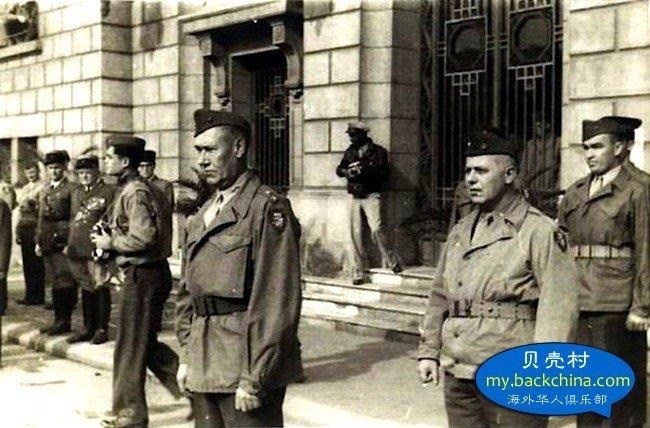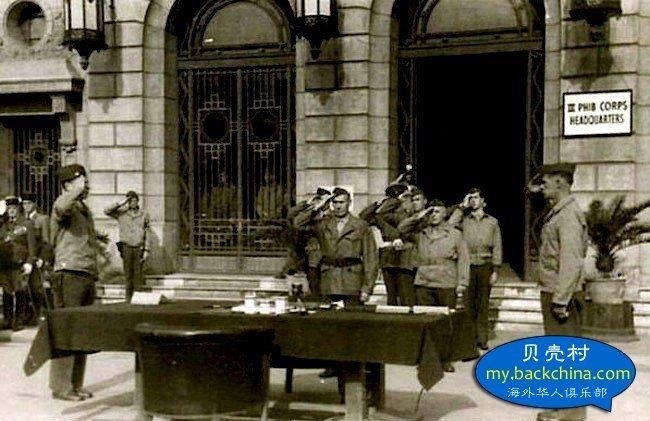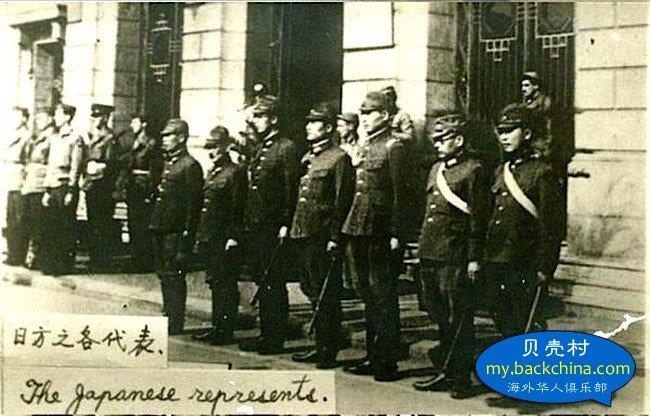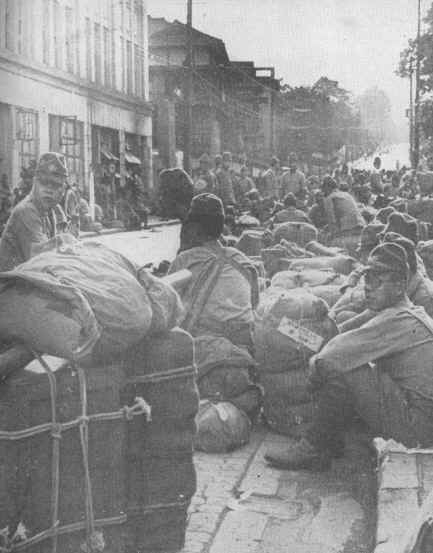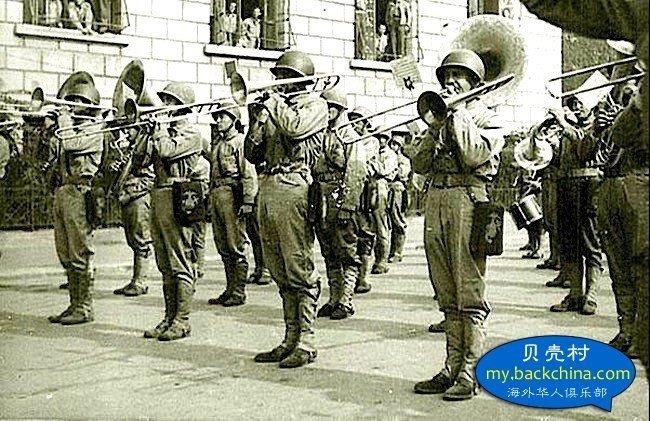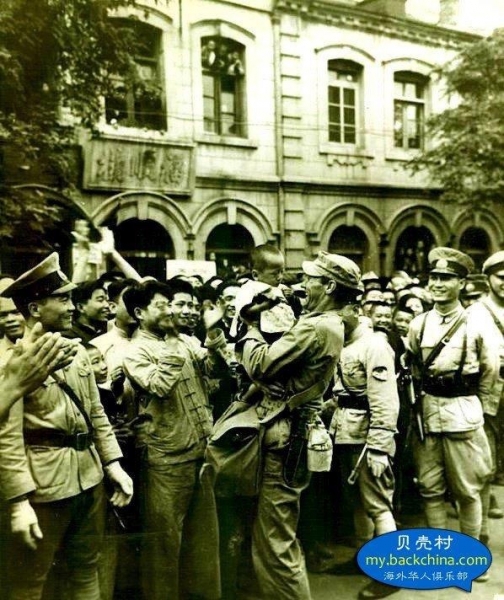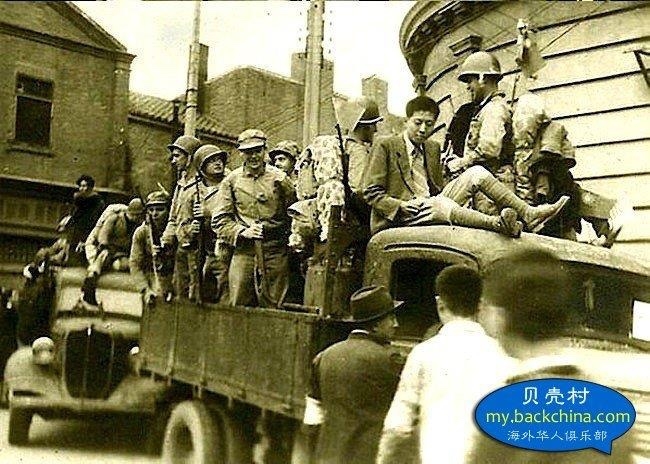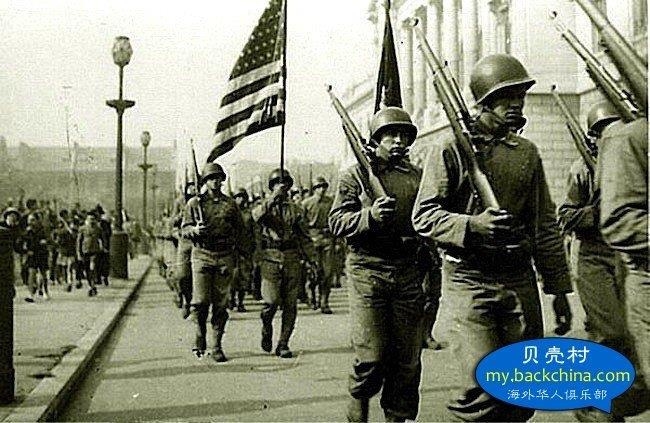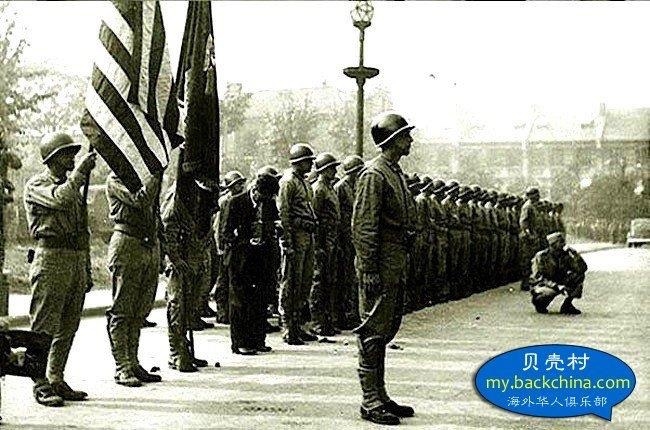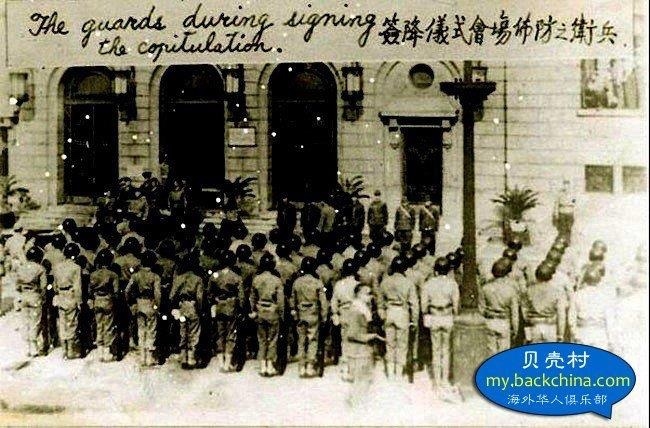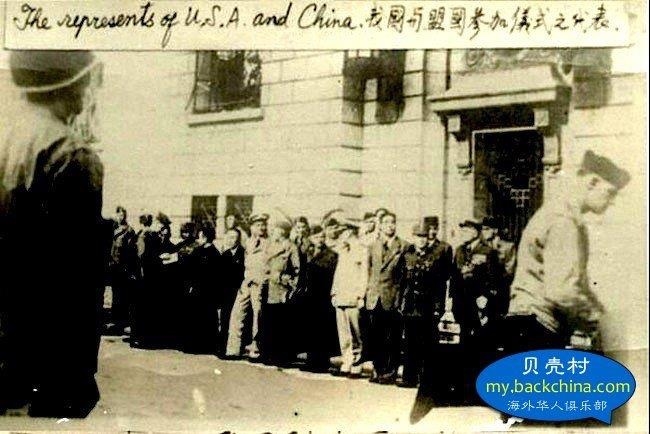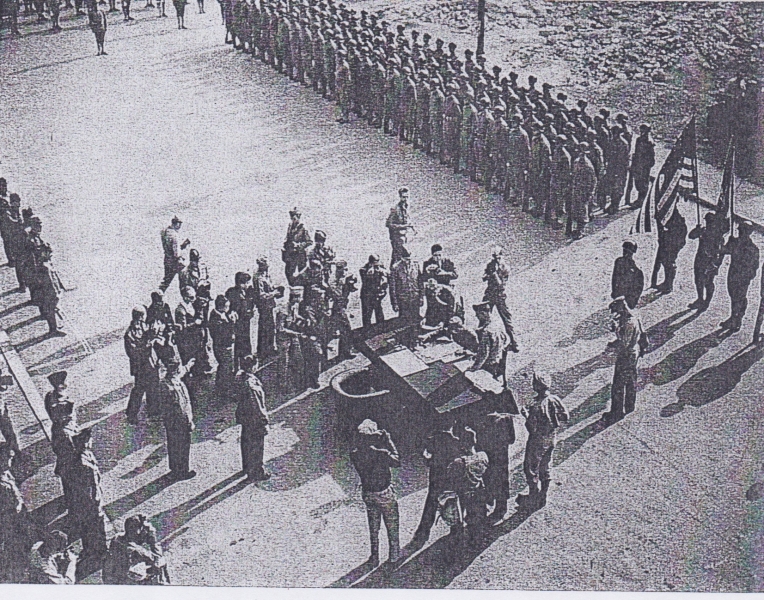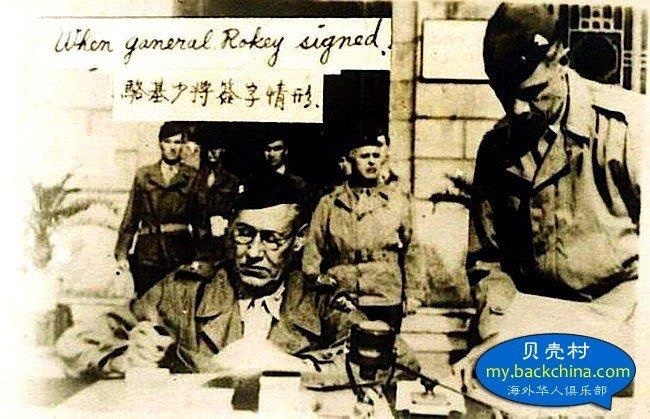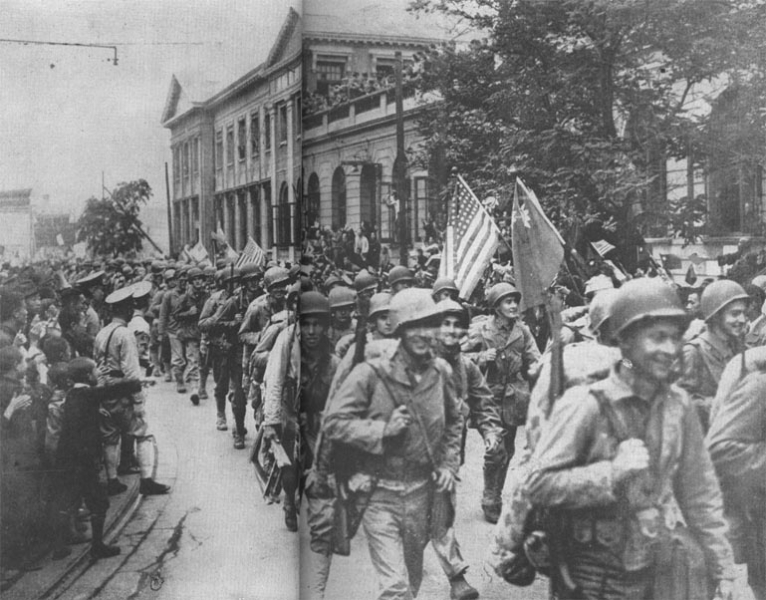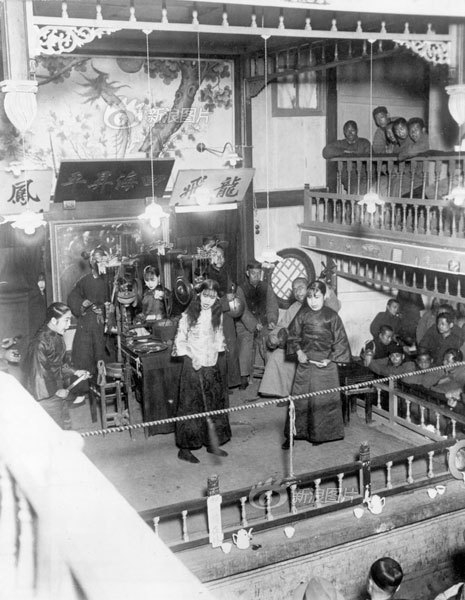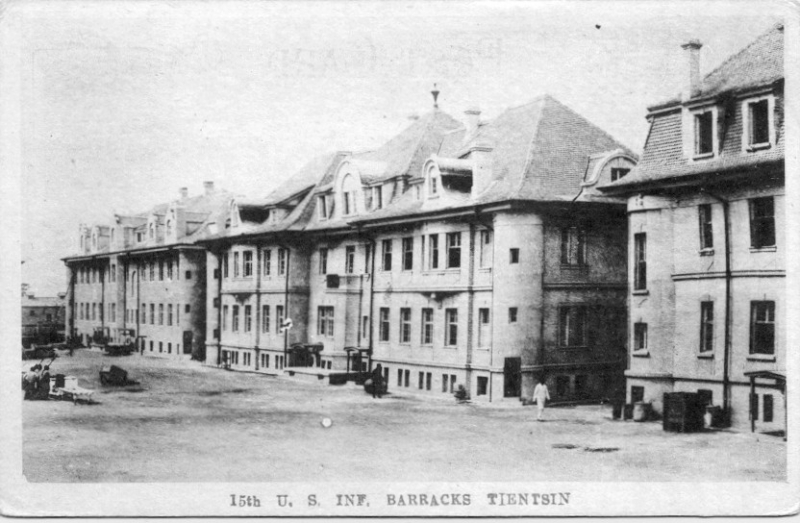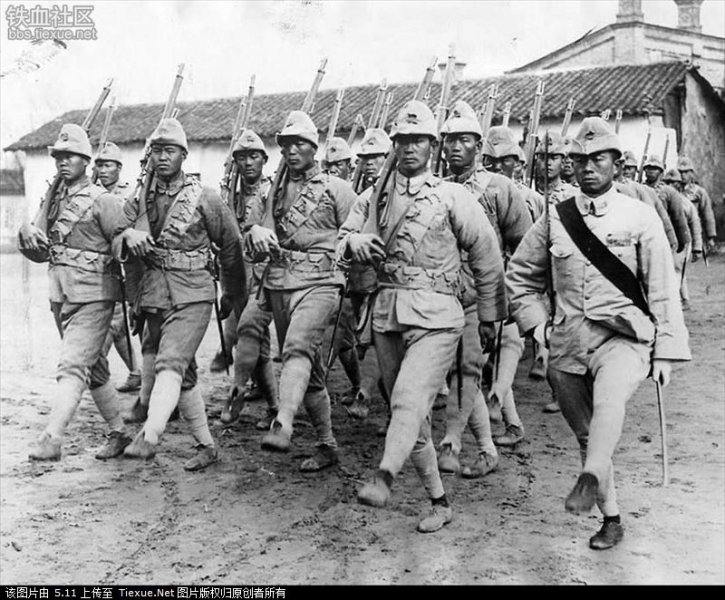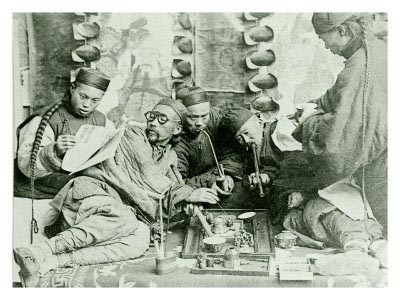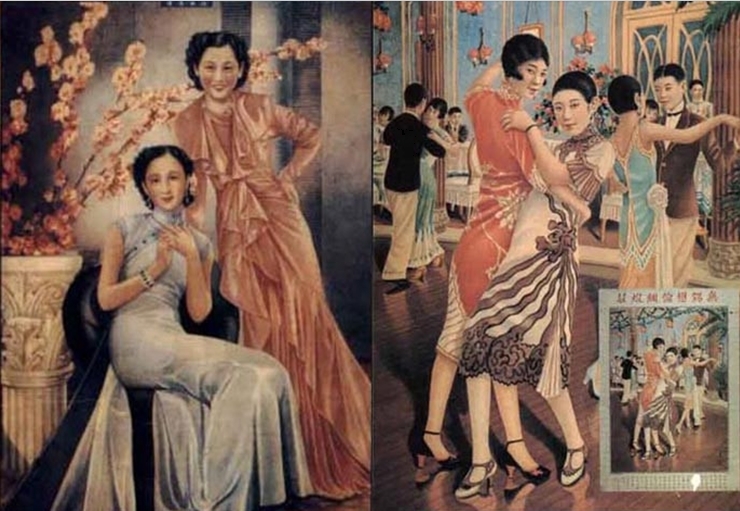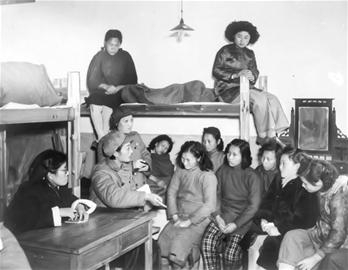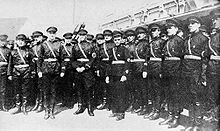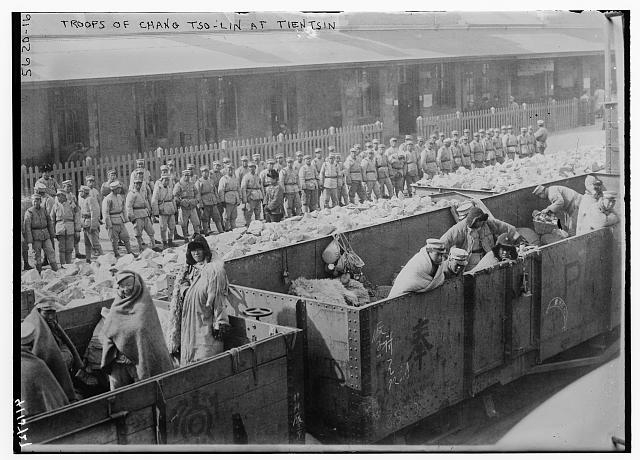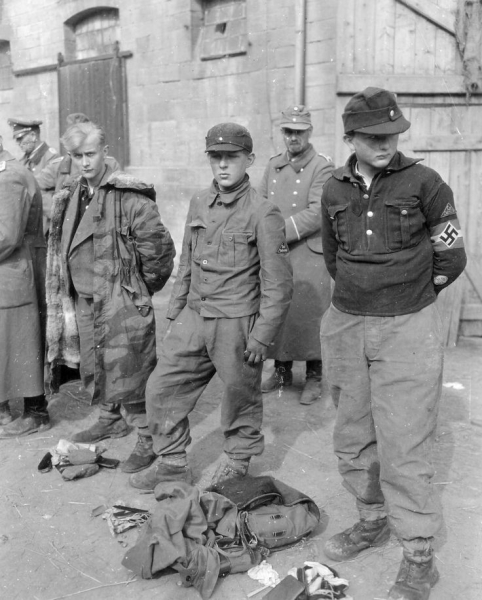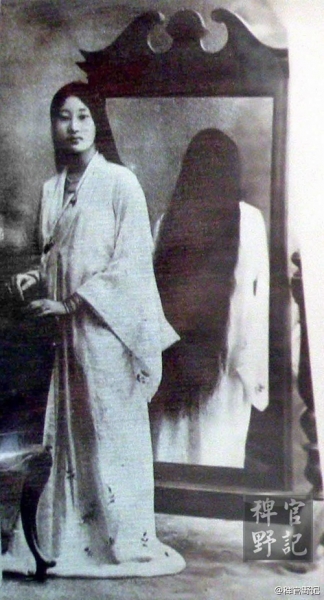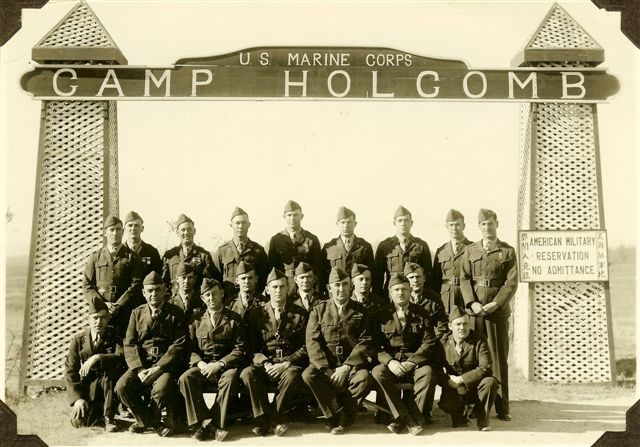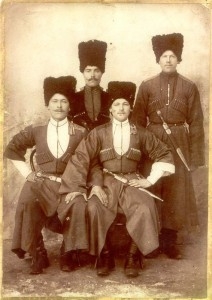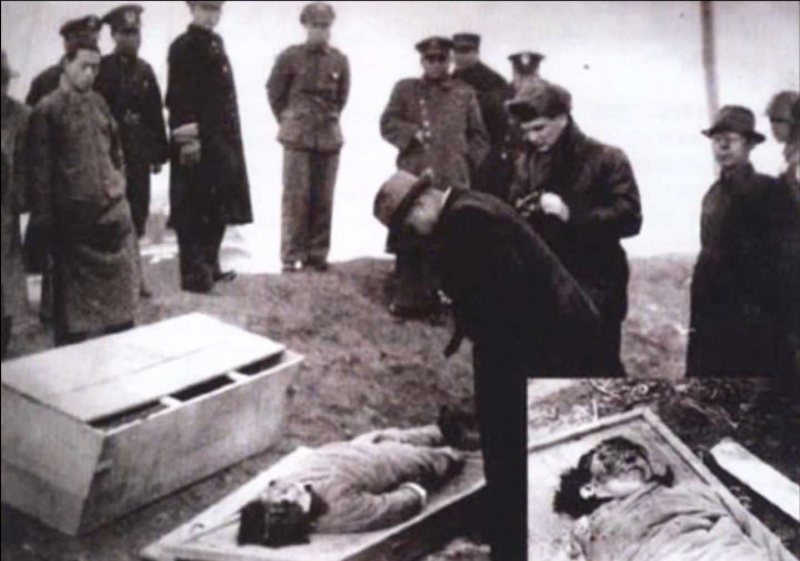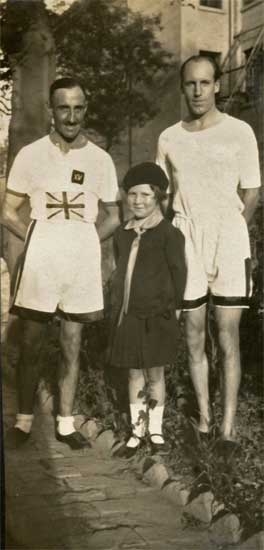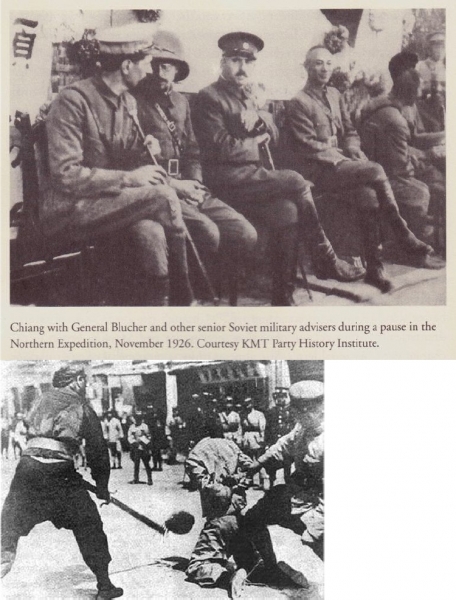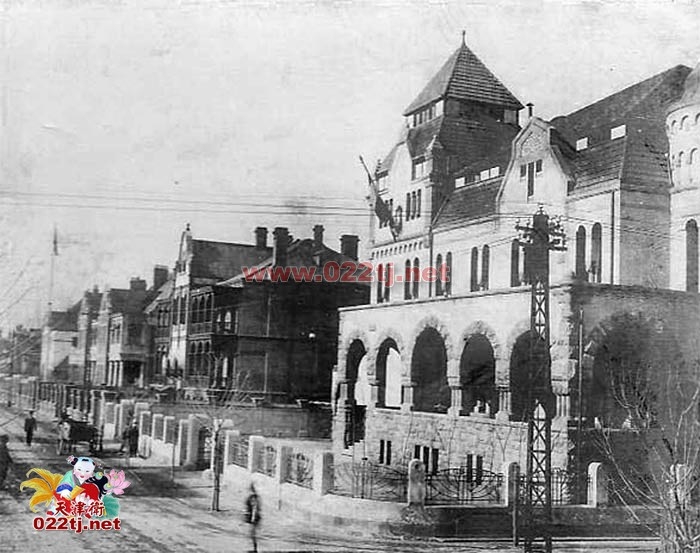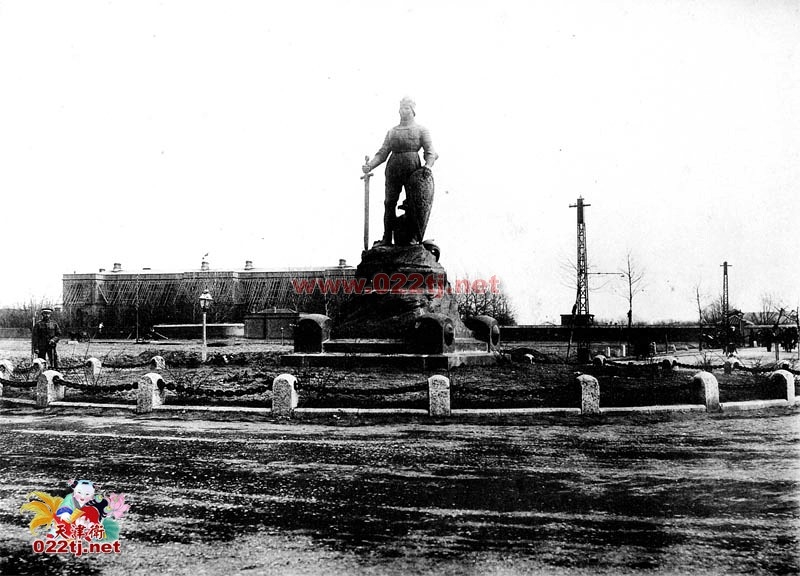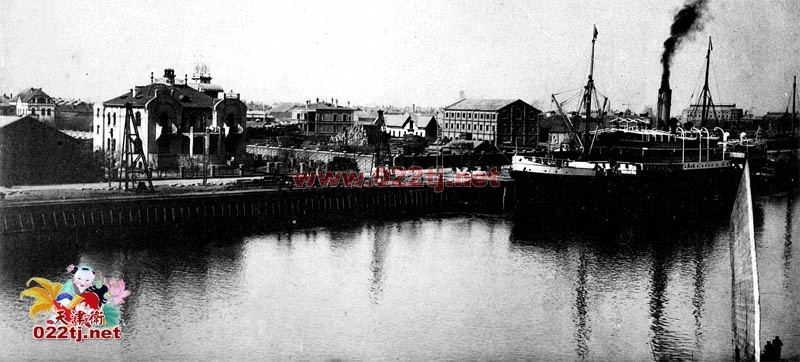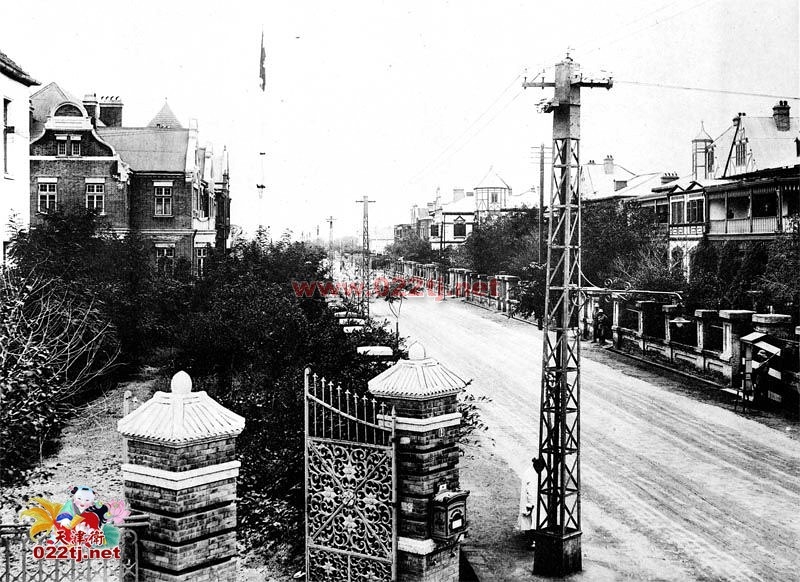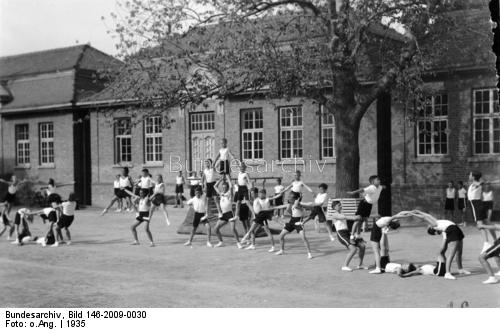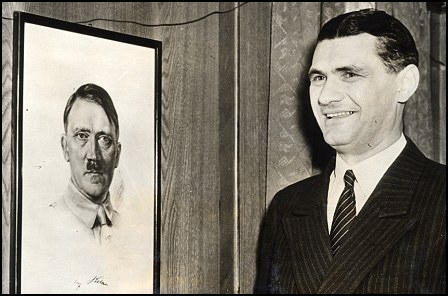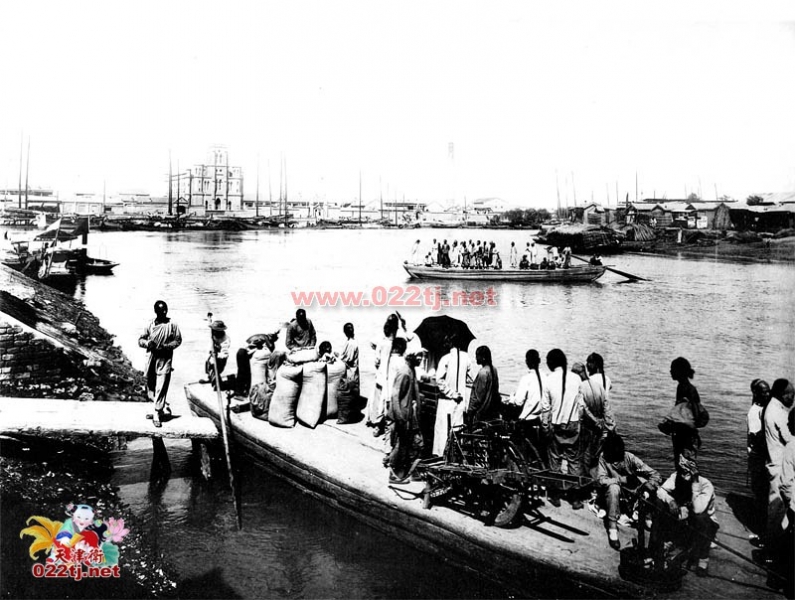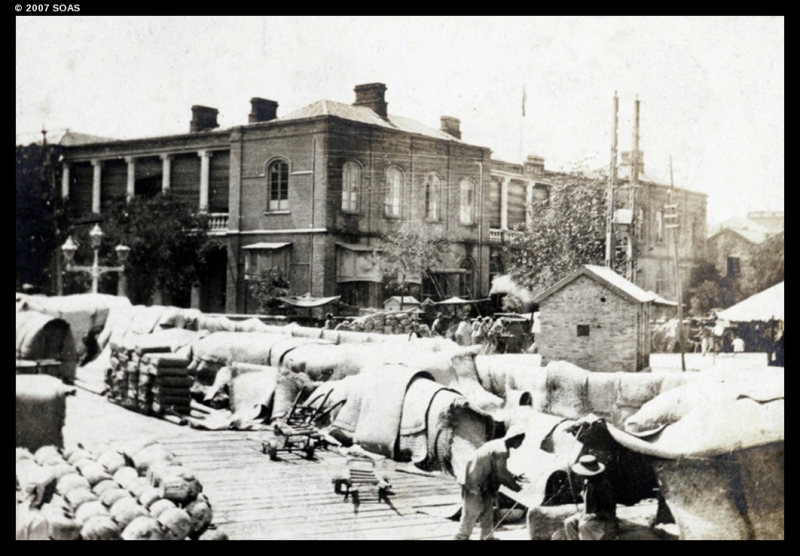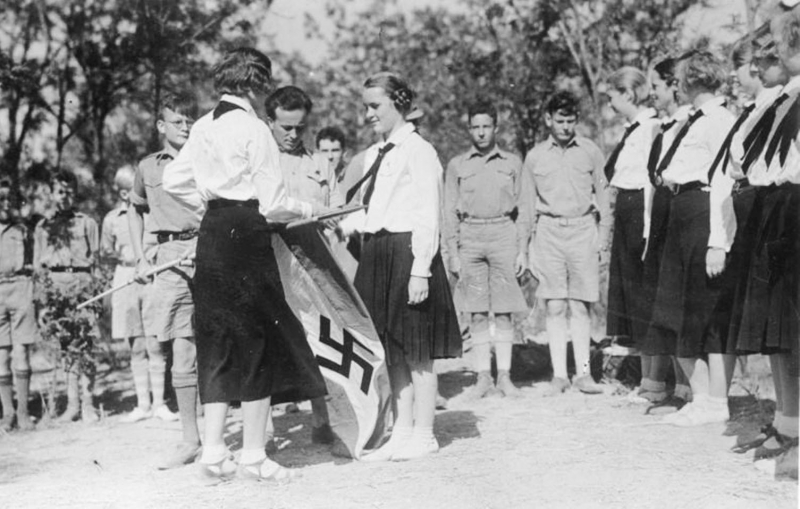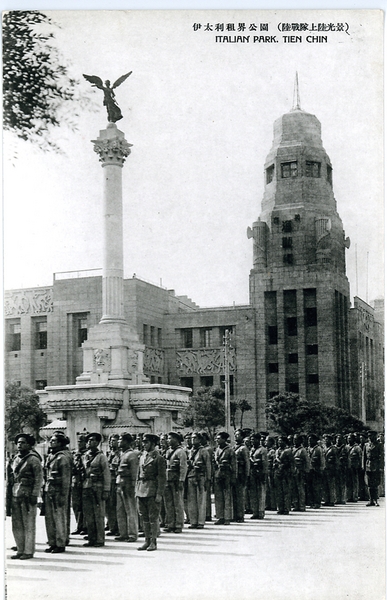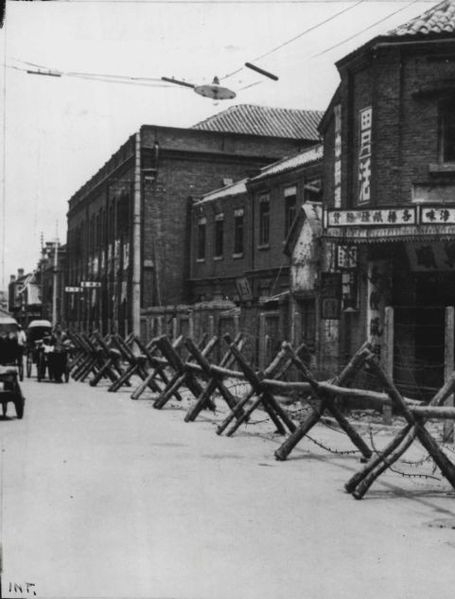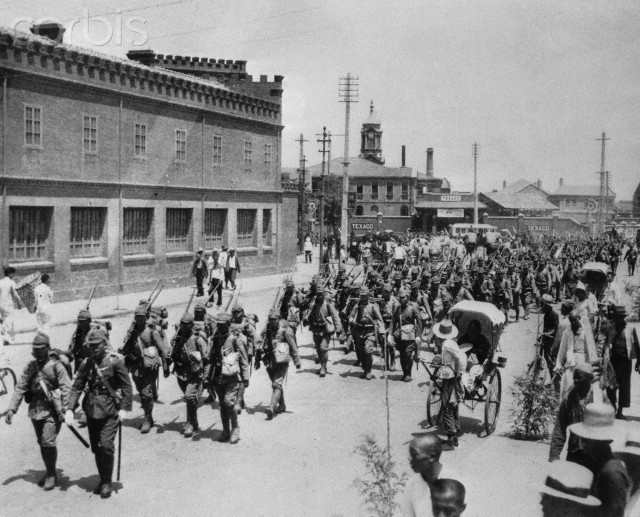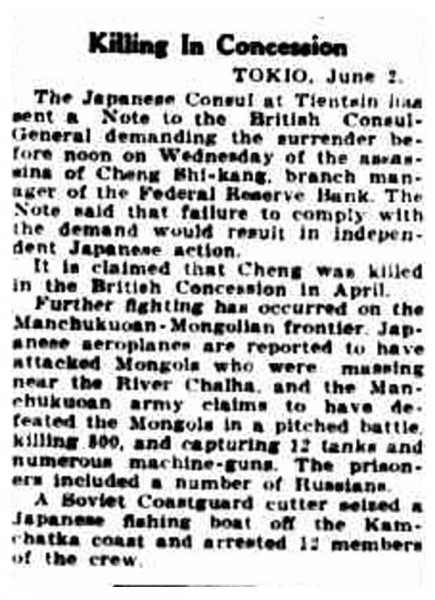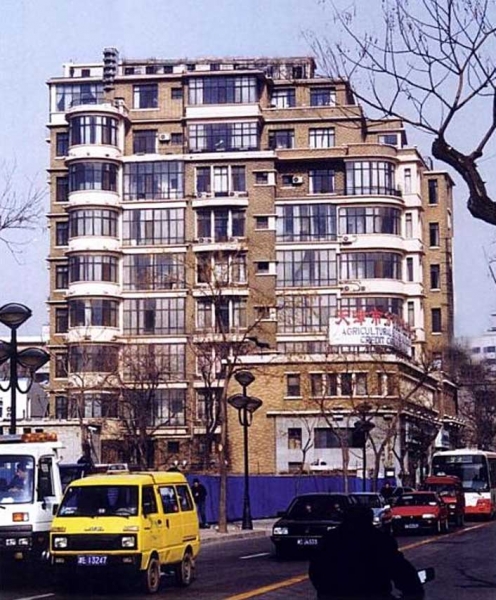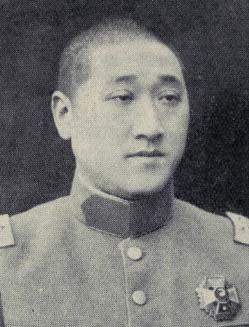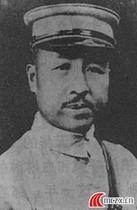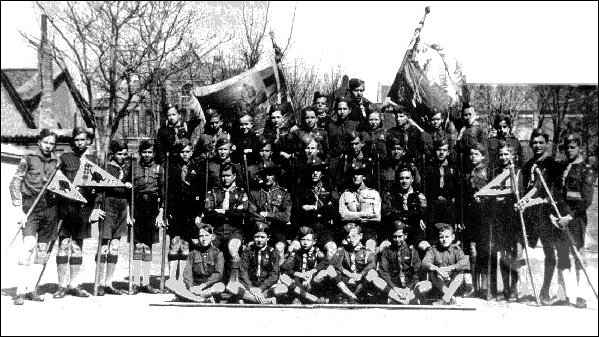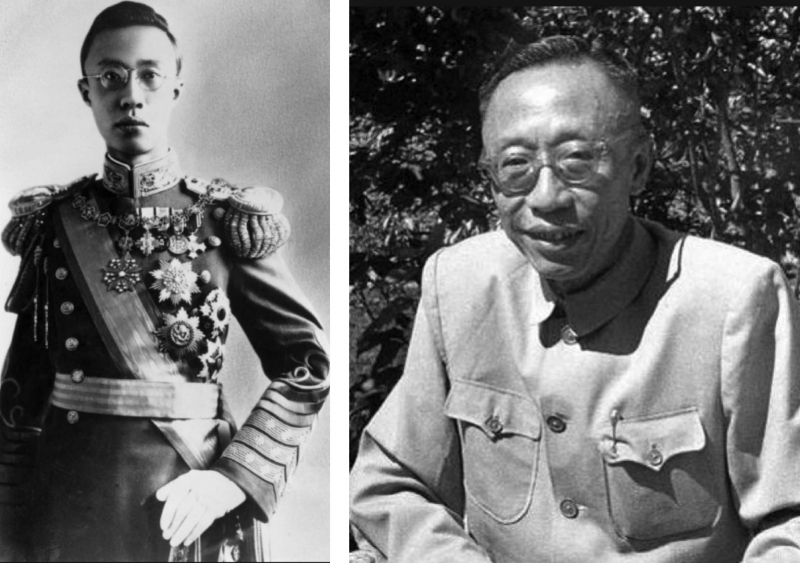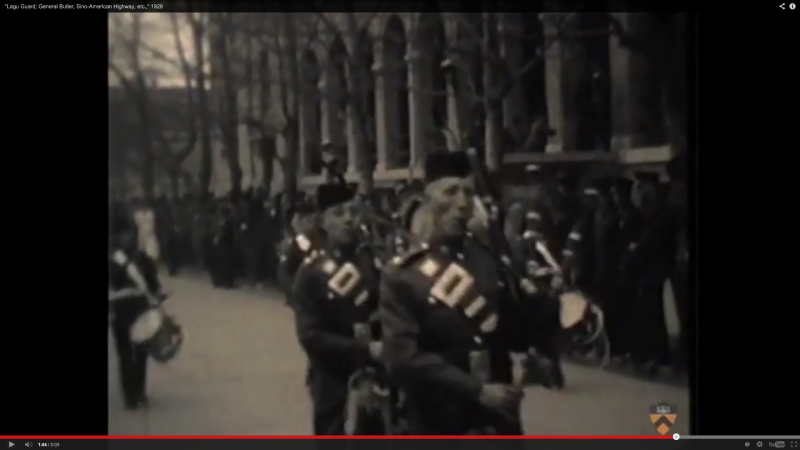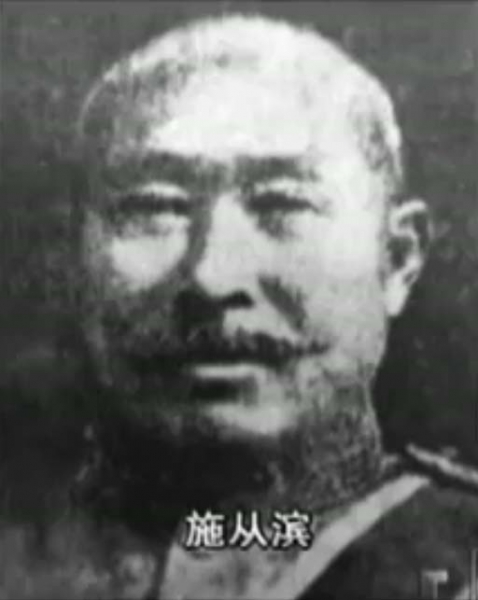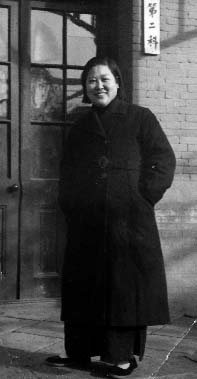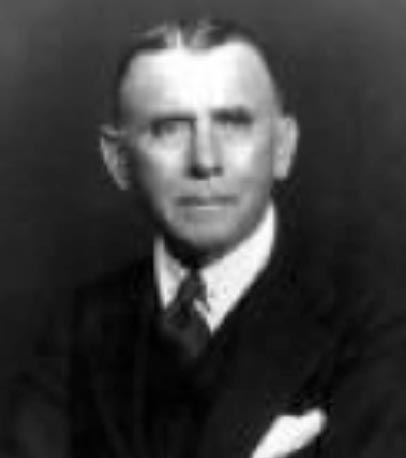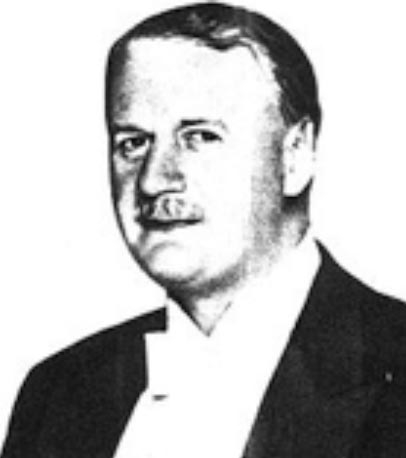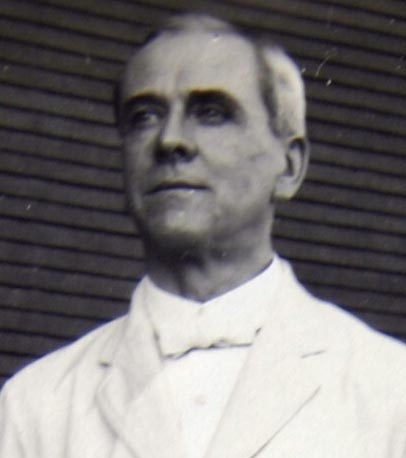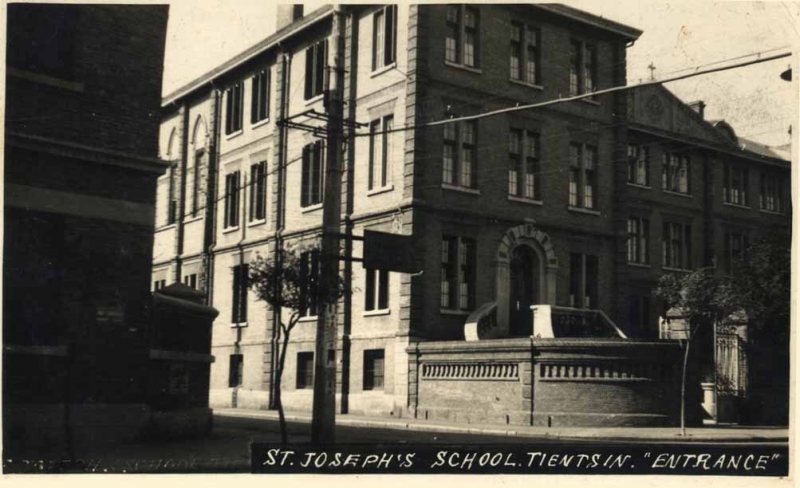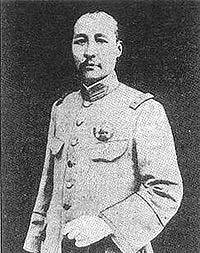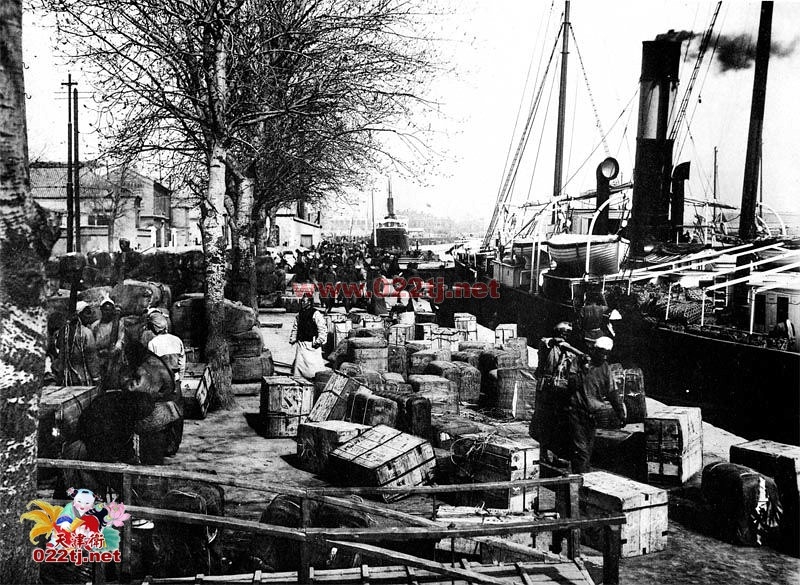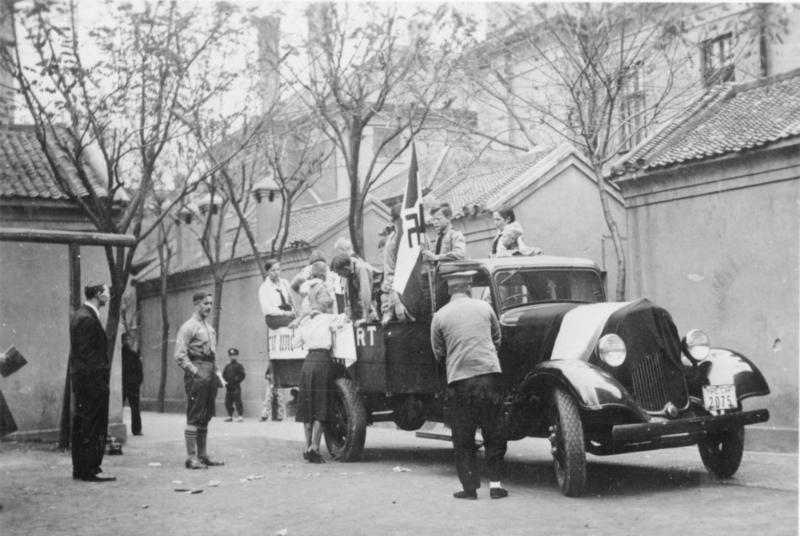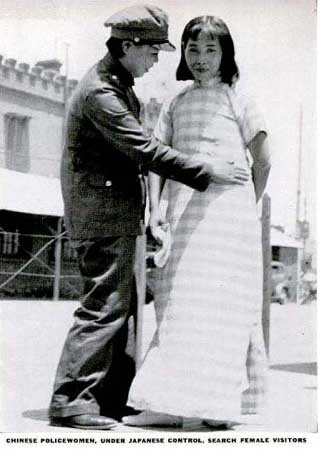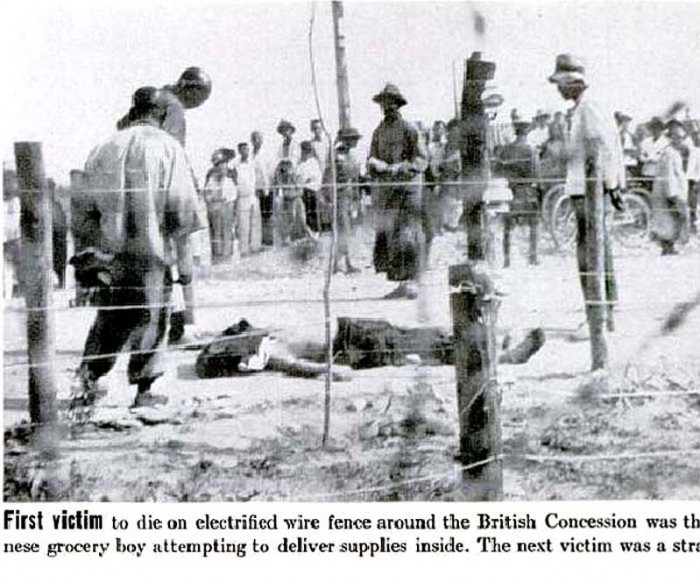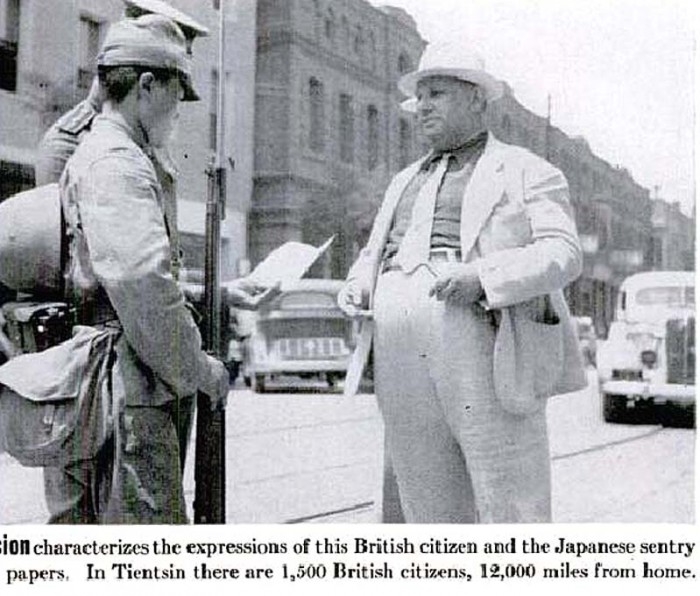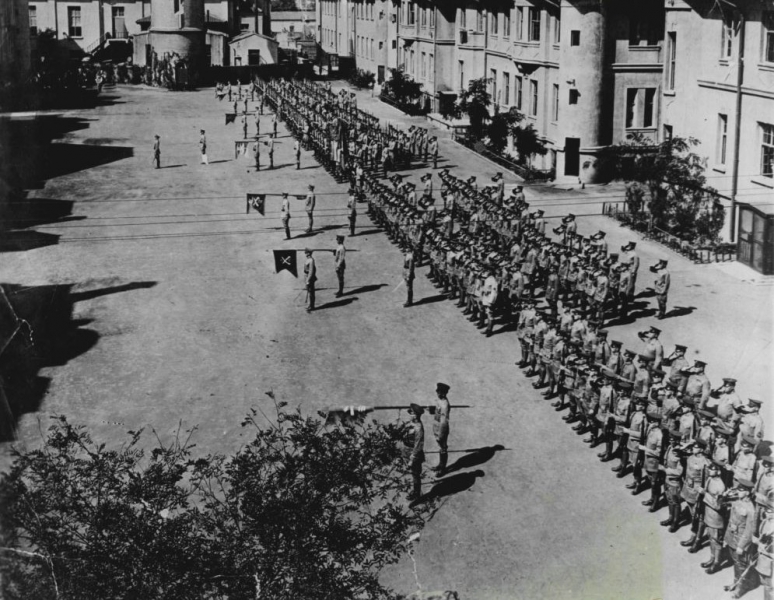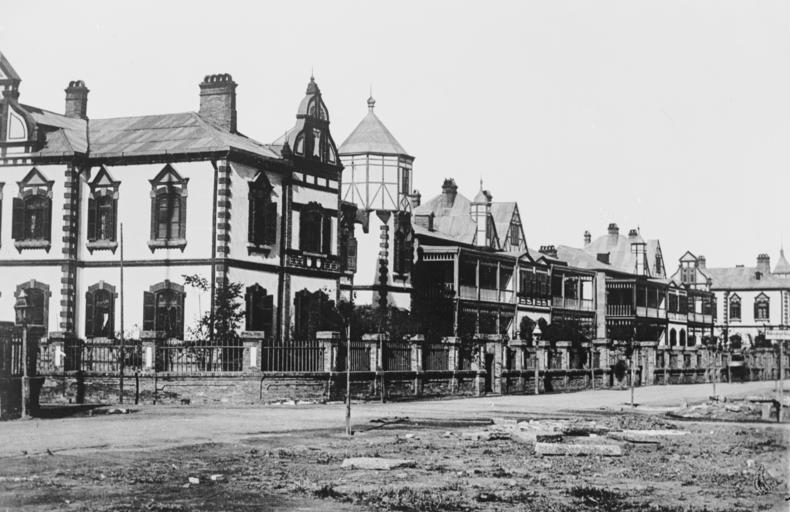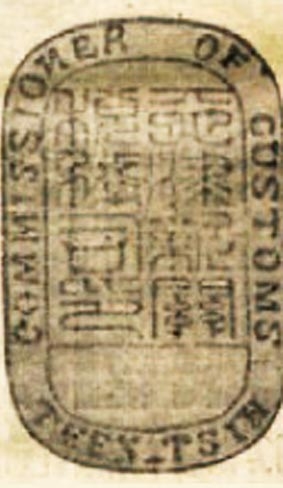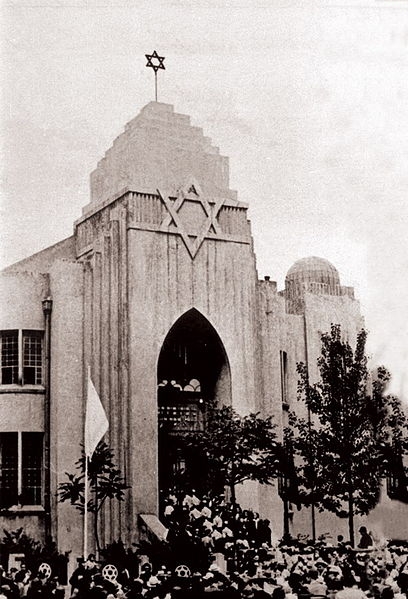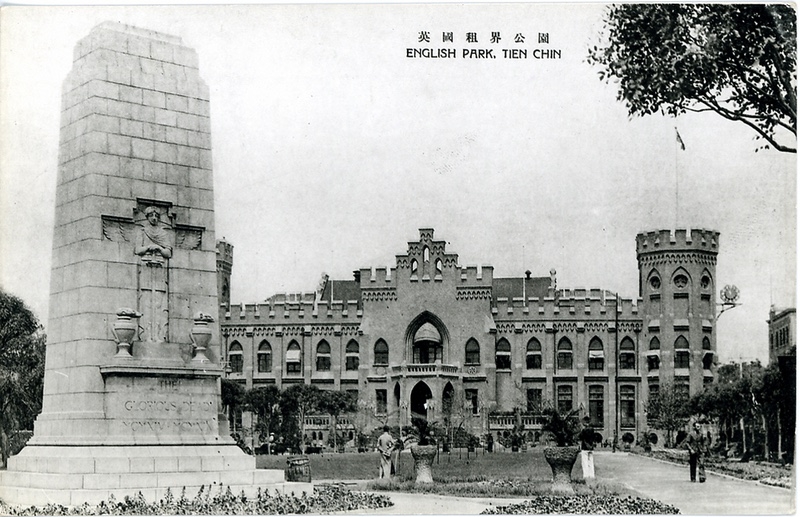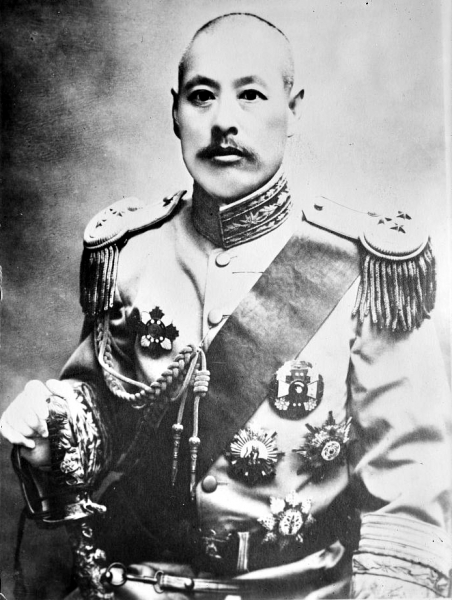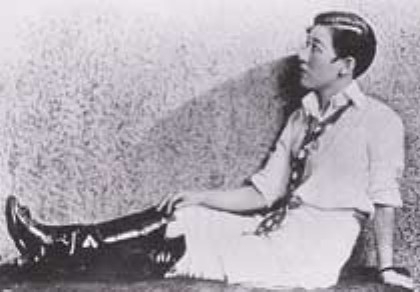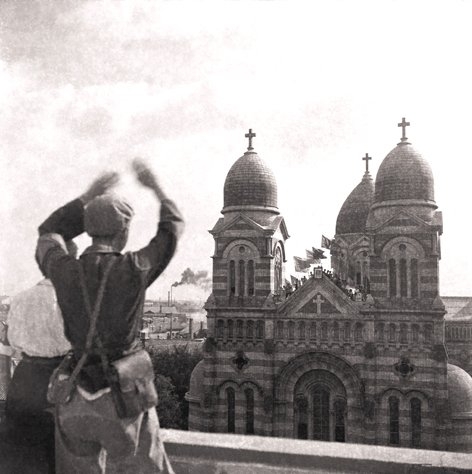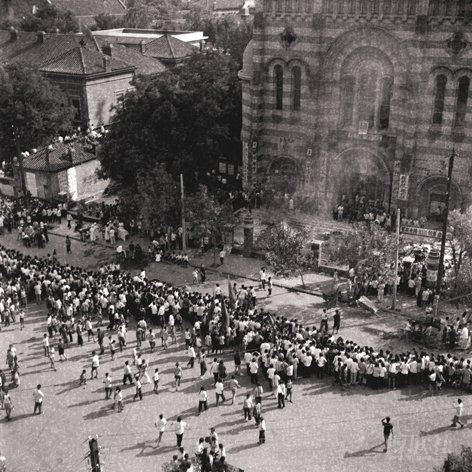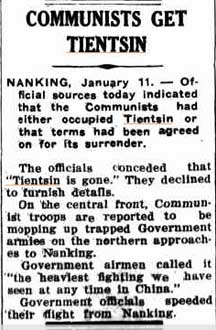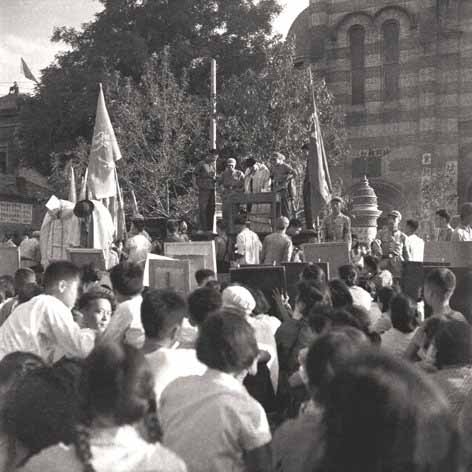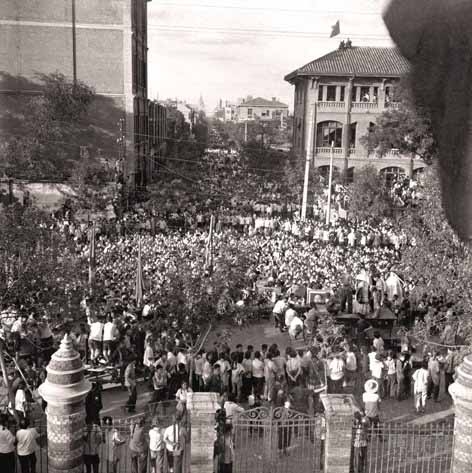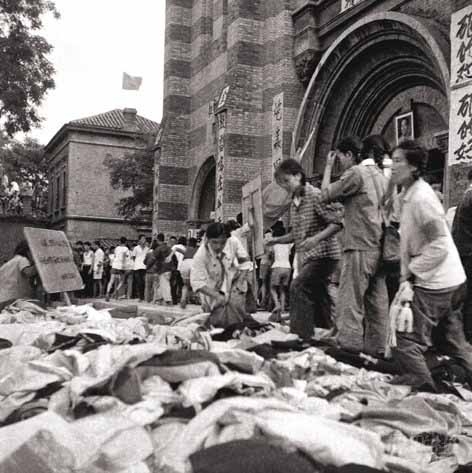Overcrowded jails and millions in costs to the taxpayer
By C.S. Hagen
FARGO – To hundreds of Fargo’s inmates, a C-Note-sized bail might as well be a million dollars. Unaffordable.
On any given day the city’s law enforcement brings those who break the law to jail. It’s their job. Some offenders are violent. All are entitled to a phone call and an orange wardrobe. Some are drug abusers, addicted. Others are repeat offenders, and then there are those who don’t see jail as any kind of deterrent.
A February 8 snapshot of the Cass County Jail’s roster showed that 238 people were behind bars, 212 males, 36 females. A total of 68 people were in custody without bail, meaning they were deemed flight risks by the court, due to serious felony charges, prior criminal convictions.
Twenty-four people were locked up on less than $1,000 bail, according to Captain Andrew Frobig of Cass County Jail. Their bail amounts ranged from $100 to $750, with the majority hovering around $500, and they were arrested on drug charges, assault charges, parole violations, or disorderly conduct. A second snapshot, taken on February 15, showed 245 people were incarcerated, with 38 people under $1,000 bail.
With an approximate cost to taxpayers of $95 per day to keep a person in the local jail, those that could not afford bail – or did not pay bail – ran Cass County approximately $2,280 on February 8. On February 15, the costs increased to $3,610. While in jail, inmates’ health costs are covered; they have a bed and three squares. For those without homes – a desperate few – such ill-fated security may be a tempting offer.
“The reasons for not posting are also subject to individual circumstances,” Frobig said.
“I know there are cases where lack of access to funds is the issue. I know there are circumstances where the person would rather sit and accrue credit in hopes of an eventual plea bargain for time served. I know there are cases where they have burned bridges with all those they know who might help them, and I have spoken to parents in the past who have left them in jail because they felt it was the only remaining option to keep them alive – due to extreme drug or alcohol addictions.”
The “jail churn” is difficult to predict, because of the numbers, that change daily, even hourly, and the sheer volume of those cycled through the system on their way to trial. If the jail’s snapshot list is used as an average, however, the taxpayers’ costs add up quickly. Every month more than $680,000 is used in taking care of inmates who cannot or won’t make low bail amounts. Annually, the financial costs could rocket to more than $800,000, about an eighth of Cass County Jail’s total inmate expenditures.
One inmate, jailed on heroin charges, has been incarcerated for more than a month on $150 bail. Another person has spent approximately 44 days in jail on terrorizing charges with a $500 bail. A third inmate arrested on December 4 for disorderly conduct and contact with bodily fluids has been under a $750 bail, while another arrested on December 16 for assaulting a peace officer is on $560 bail.
Total bail amounts: $1,960.
Costs to taxpayers for all four inmates: $23,160, and growing.
Excluding the first six months of 2017, when inmate intakes were higher, the daily average headcount at Cass County Jail is 241, with nearly $23,000 spent every day. Monthly, the costs run approximately $686,850, making an annual total of up to $8.3 million.
With less than a month left until the jail’s annual budget year ends, Cass County Jail has spent $9,602,901 for inmate care in 2017, which includes federal funds of $2,005,439 — also taxpayer money.
“Our budget doesn’t include things like light, and heat, and water. Those are county facilities,” Frobig said. “I take into account our itemized budget on what we can spend on things. You are absolutely correct from a fiscal standpoint that we spend far more than the actual bails cost, which is exacerbated when you add in medical expenses on a case by case basis.”
Jails have fixed costs which cannot be reduced, and incremental costs when the jail is full and more people are in need of individual care, Cass County State’s Attorney Birch Burdick said. At capacity, Cass County Jail has 348 beds.
“A lot of those costs are fixed costs, so it takes a certain amount to run that jail whether you’ve got 200 people in it, or 250, or 230, it’s all going to be the same amount,” Burdick said. “We still have to keep the heat on, we still have to keep the power on, and we still have to keep the jail staffed, so it’s a difficult number, I would think, to try to get a handle on, although I have not tried.”
Although a precise cost for low-bail detainees is difficult to calculate, the sheer number of cases has recently raised eyebrows, from the legislature to government-appointed committees, to study the issue.
“As far as what to do about it, the state is actually starting to take a look at this very issue,” Frobig said. Captain Frobig has been asked to join a subcommittee of the Justice Reinvestment Committee, Burdick said, that is charged with reexamining the current bail process and find alternatives to incarceration.

Andrew Gregerson showing the scar on his neck left after a suicide attempt – photograph by Logan Macrae
King pain
Since he turned 11, Andrew Gregerson, 31, has spent five years and two months a free man. He grew up as a ward of the state, inside juvenile centers, jails, and prisons.
“I’ve been in almost every single juvenile facility in North Dakota,” Gregerson said. “I didn’t have a solid guidance into adulthood, and unfortunately right after I turned 18, I went to prison.”
He’s well spoken, a registered member of the Crow Agency in Montana’s Little Big Horn Reservation. Prison tattoos and scars across his body tell a tale no 31-year-old should have to experience. His rap sheet fills a letter-sized page, filled with assault, terrorizing, shoplifting, burglary, and criminal mischief charges. Today, he’s in Cass County Jail on $750 cash bond on his first drug charges: attempting to manufacture methamphetamines, a felony, and other misdemeanor charges, some drug-related.
“I knew what right and wrong was, but I was ignorant,” Gregerson said. “I was rebellious. Over the years, I had a drug problem, and I really didn’t care where my actions led for quite a few years.”
While sitting in Cass County Jail during a year-long stint, he slit both wrists and his throat on his 20th birthday. Less than inch below the scar on his wrist is a tattoo he gave himself – a dotted line and the words “Cut here.” Another tattoo on his forearm, with a single needle, reads “Pure Evil.” Crude and faded ink across his left knuckles says: “King.” Across his right: “Pain.” King Pain.
With a repetitive history of getting clean, then turning back to drugs, then getting clean again, every time tragedy struck he turned to drugs, he said. Before his last arrest he was smoking meth to the point where he lost 35 pounds in 17 days.
He was arrested more than a month ago, but has only a cellphone to offer up for bail.
“I would bail out if I could,” Gregerson said. After his last stint in prison, he found a fulltime job in Bismarck making $17 an hour, but lost the job when he was arrested in a Fargo hotel room. Life wasn’t going the way he wanted, he said, and like other times when tragedy struck he turned back to his old friends: cocaine, heroin, meth, marijuana, acid, crack, magic mushrooms. He’s tried them all, but preferred acid. Rarely drinks, doesn’t like cigarettes.
He lifts up his prison-orange shirt to show a scar where someone stabbed him in 2007 in West Fargo. The wound went through his liver and into his kidney, and he nearly died from the assault after he chased the attacker with the 13-inch knife still protruding from his chest.
In 2012, he also tried to commit suicide, but failed.
“I tried hanging myself in my garage, and when I jumped off my toolbox the rope broke,” Gregerson said. “I’m lucky to be alive for several different reasons.”
Since his last arrest, his cash bail has been reduced from 10 percent of $10,000 to $750, but he still can’t afford the payment. He can sell his cellphone for $300, but it’s still not enough. He said his life changed when his daughter, usually stoic, broke down in tears before him.
“My daughter needs me. As sad as it is, it took me many years…the day she came and saw me and she started crying and told me how much of a disappointment I was and that I had broke her trust, it’s like I woke up after years of being asleep.
“I couldn’t believe what I did to her. That’s my fault. Her tears, her in counseling, it’s all on me. Never up to this point did I realize that, so no, I don’t want to be in here.”
Gregerson realizes his story may fall on deaf ears. “I’m sure a lot of people say ‘Oh, I’m done with drugs,’ and I hate to sing the same tune, but to see my daughter cry like that and to realize it’s all my fault, I’ve never seen that before. As soon as I get out, I’m going to go, I want to get treatment. I want to change. Never again will I put tears on my daughter’s face. Never. I will not be responsible for that.”
He holds up two cards from the North Dakota Department of Human Services and presses them against the prison glass.
“I had to face not only losing her, I had to sit there in my cell and think about all the things I lost, like my personal possessions, and also sit there, burned in my brain now, my daughter’s face, crying on the phone behind the glass sitting there telling me those things.
“I need drug treatment. Sitting here is wasting my time.”

Andrew Gregerson lifts his shirt to show where he was stabbed and nearly killed – photograph by Logan Macrae
‘Huge paradigm shift’
Captain Andrew Frobig didn’t grow up wanting to be a peace officer. He became licensed out of necessity. With a degree in political science, he tried law school, but decided on social work and criminal justice. He started “on the line” at the Cass County Jail around 2004, and climbed the ladder to his current position.
He understands jail, the judicial system, and the partisan politics behind criminal laws. When new inmates come in, he jokes with them. Frobig also understands the current system isn’t working, and the laws are keeping some behind bars that shouldn’t be there.
“If you think about jail, that’s all we’re doing: food, clothing, shelter,” Frobig said. “We’re trying to do more than that here, but that’s basically what jail is. We’ve solved that problem, so now we can start working at these other things over here.”
In 2017, Frobig received funding to experiment on alternatives, and he has begun forming a small group of social watchdogs called the Community Supervision Unit. After the county flirted with work release programs and failed due to an uptick in drug smuggling, Frobig believes he has now found a possible way to lower costs, help ensure court appearances, and keep the area safe.
“I think I’ve got something better,” Frobig said. “The idea is we are going to take the people that would otherwise have qualified for work release, and use the new GPS technology, state-of-the-art tracking systems, so those that are sentenced to our custody, which are the people that would have been on work release before.”
Qualifying arrestees will live at home and wear GPS monitors, so personnel can track them. Such tactics have already been experimented with and were successful, Frobig said.
“For the money they spend per day here, I know we can have things in the community attacking those problems, and far cheaper.”
Two of the most frequent charges Frobig notices are: failure to appear, and failure to pay fines or fees. Currently, Cass County has more than 2,000 bench warrants for people who failed to appear in court.
“Whatever alternatives we discover, we have to address that failure-to-appear rate, at least not make it any worse,” Frobig said. “My point is that we identified that this was an issue that a lot of folks were languishing in jail over the course of any given time, the bail amounts suggested judges expected them to get out, but for one reason or another they didn’t.
“I operate with that assumption: the judges don’t have an issue with them getting out so why is there a need for any bail at all?”
The Community Supervision Unit will be comprised of four police officers acting as social workers with arresting powers, Frobig said. He’s looking for officers who may have had problems in the past, those who understand addictions; community providers who will perform case by case care. They will track inmates, drive them to court appearances if needed, help with rehabilitation — including drug treatment — and with assistance after release.
Jobs and apartments for former convicts are difficult to find, and if not for organizations like the F-M Dorothy Day House, Cooper House Apartments, and Adam Martin’s F5 Project, many ex-convicts may take to the streets, Frobig said. Despite the limited options they do have, some still end up back in jail.
“Their job now is to find solutions,” Frobig said. “Creative cops are something that sometimes we’re wary of creating, but I want them to have a wide discretion to be able solve the immediate problems at hand, and not keep score.
“It’s a huge paradigm shift. Let’s make progress in solving these problems of people assigned to them to make them less likely to reoffend. Paying for services based on results rather than services delivered, which is a remarkable shift.”
Instead of working general algorithms or massive analysis techniques, Frobig wants evidence-based programs for individualized assessment and care.
“If three out of four are making progress, then what we’re doing is working, and let’s continue to pay for it,” Frobig said. “We have a tendency to keep score by arrests and convictions. This is going to flip that on its head. We will try to do whatever it takes to help them succeed.”
Federal and state monies could be better spent on community-based drug treatment and job training, according to analysis. Cass County State’s Attorney Birch Burdick agreed, saying new technologies could be of assistance while the state reassess its incarceration regulations.
“In addition to studies and analysis tools, new and better technologies may help us get there as well,” Burdick said. “Being able to track and monitor people on pretrial release, so we know they are doing the right thing, or can do something about it if they’re doing the wrong thing, may be helpful here.
“There are ways out there I think, I am not sure of the prices yet or how best to utilize them, but to keep track of people in a meaningful way that may help reduce the need to have as many people in jail, and how you blend those new technologies with the algorithms or analysis techniques, I don’t know yet, but hopefully that is where our inquiries will take us.”
Me, myself, and God
Jerry Yonkedeh, 25, has spent nearly 50 days in Cass County Jail since his arrest on January 1. He’s charged with terrorizing with a dangerous weapon; he said the claims are lies. His wallet containing his last $200 was stolen during a New Years Eve hotel party, and he can’t make cash bail of $500.
Before incarceration, he was making enough for a single man to live, about $800 a month working for a local flaxseed company. He shared a North Fargo efficiency apartment, split the rent with a roommate, and has a car, a 2003 Hyundai Sonata, which he can’t drive because his license was revoked for a DUI in 2015.
“Now, I’m stuck,” Yonkedeh said. “Me sitting here is not benefiting me. I have no family here, no contact, it’s just me, myself, and God, that’s about it. I’m willing to appear in court, because I know I am innocent. I’m willing to sell my car, right now, for $500, or $600, just sell my car and bond me out.”
Yonkedeh was born in Liberia, and moved to Minnesota with family when he was 10 years old.
He doesn’t want to be in jail, but doesn’t know who to call. Can’t remember his father’s telephone number. Doesn’t know if he’s lost his job of nearly three years. After his DUI sometimes he walked miles to work or rode a bicycle; sometimes his boss would arrange to pick him up.
One lesson he has learned is “trust nobody,” Yonkedeh said. Jail food is bland, and he trades it for noodles when he can’t stand the taste. He grew up poor, and is still poor, too poor to pay bail, and so he is waiting in Cass County Jail for his April trial date.
“I want to get out and get back on my feet,” Yonkedeh said. Daily, he watches an hour of television, does pushups, and reads the Bible. “I’ve got to learn from this, I have no excuses not to go to work and not to go to school. That was my New Year’s resolution: work and go to school. But the devil, you know. God has a plan.”
The social costs
Two of the most frequent charges Captain Andrew Frobig notices are failure to appear, and failure to pay fines or fees. Currently, Cass County has more than 2,000 bench warrants for people who failed to appear in court.
“Cash bail is typically intended, in part, to provide incentive to appear and also to go towards satisfying imposed fees and fines, so any alternatives that are considered will need to take those issues into account,” Cass County State’s Attorney Birch Burdick said.
The legal process begins with an arraignment, where a public defender may be assigned to a defendant, and based on information including criminal record, place of residence, and job sustainability, bail is set. Defense attorneys can petition a judge for lower bail at any time, Burdick said.
“What that bail amount should be is discretionary with the court,” Burdick said. “We are as a judicial system interested in trying to focus on what is sometimes referred to as evidence-based practices. If you look around the country, you’ll find that there are different communities or states that have different approaches to setting up bail, and different approaches to try and get more information on what somebody is, so they can make a knowledgeable decision with regard to pretrial release.”
In the past, algorithms, or statistical counting, are used to predict if a defendant will return to court or is a risk to the public.
“It’s not my intent, I don’t think it’s anyone’s intent, to try and just keep people in jail because we feel like it,” Burdick said. “That’s what convictions are for and sentences are the result of convictions, but we do want people to return.”
But even Burdick, with his years of experience, realizes the current bail system may need an adjustment. “If I was to say that I think we doing things perfectly, and we have no room to improve, I would be an idiot,” Burdick said.
“Here’s my general take on life. My job as a prosecutor is to hold people accountable for doing wrong things, but to do it in a fair way. Having said that, I recognize that people when in pretrial custody, the pretrial custody may have a negative impact on their lives, by causing them to lose their jobs and by causing additional strain to their family relationships and the like, and while it is true that that should have been a consideration in their own mind before committing an act, I still want to try and do things in the right way. We are using the best tools that we have right now, I think those tools could certainly be sharpened.”
Frobig couldn’t comment on the social costs of an inmate failing to make bail, such as losing a job, property, a car towed from a public street, even rejection by family, friends, or loss of status, but said that historically, jail administrations have tended to approach crime problems by determining trends or averages.
“The approach we are just now beginning to transition to, in partnerships between government and private providers, is to recognize that each individual situation is unique, as are the priorities or primary needs of each individual, and it is more cost-effective to identify and target those primary needs with specific and targeted services.”
Sometimes, people want to go back to jail because life on the outside is simply too difficult.
“I’ve seen it in the past where someone who was avoiding an old warrant ended up turning themselves in – out of the blue – which happened to coincide with a serious medical condition that was previously untreated,” Frobig said.
Other reasons could include homelessness. Some people have shoplifted in order to get arrested to quit smoking, or committed a crime to accompany a friend in jail.
Bench warrants for not paying court-mandated fines and fees can quickly escalate and land a struggling ex-convict back in jail. Typically, such cases are reduced to civil orders, or they choose to pay off their debt $20 a day while sitting in jail.
Such a strategy makes no sense to Frobig.
“Wait, you’re going to pay me $75 a day to hold this person so they work off the $20?” Frobig said. “It’s silly for me to keep them in jail. Whatever the barriers to helping people find jobs, or perform community service, those obstacles should be overcome. This unit is going to be tasked with trying to come up with ideas. I’m not going to spoon feed them. If we show we’re not willing to try these things, then people will spoon feed us, or force feed us.”
No matter the reason, intentional or not, the costs of taking care of inmates are a heavy burden on the taxpayer.
“On the one hand you think about, ‘Shouldn’t we be letting people out so that they can continue to keep their job and maintain their family contacts?’” Burdick said. “And I would agree that’s an important criterium. On the other hand, ‘Are they going to return to future proceedings, are they representing safety concerns to the public?’ These are balancing issues.”
The jail churn
The purpose of bail is to ensure a defendant will appear for his or her day in court. A closer look shows that the money bail system is set up to fail. Too many people in America today cannot make their bail bonds, perpetuating an endless cycle of poverty.
America, the country with the highest incarceration rate in the world, can also claim the statistic that one in five people are detained for drug offenses, according to statistics released by the Prison Policy Initiative.
If every U.S. state were compared to countries, North Dakota, population 757,952, would rank number 41 in the world with 521 people jailed per 100,000 in 2015, which is eight ranks higher than Russia, population 144 million, and 105 spots worse than China, population 1.3 billion, according to information published by the Institute for Criminal Policy Research.
North Dakota is listed as one of two non-reporting states in 2016 for the National Prisoner Statistics program managed by the Bureau of Justice Statistics. The numbers provided do reflect that the state’s jailed decreased slightly, but nationally, the numbers of those who found themselves behind bars increased by three percent, according to the U.S. Department of Justice.
Taking the top spots for incarceration per 100,000 people across the world are: District of Columbia, with 1,196 people incarcerated, Louisiana, with 1,143, and the state of Georgia with 1,004.
The state’s southern neighbor, South Dakota, ranked number six across the world in 2016, with 904 people jailed per 100,000.
Peter Wagner, executive director of the Prison Policy Initiative, said the current bail system is inefficient, and taxpayer money is being spent in inefficient ways.
“Cash bail has little to do with showing up for court, it has to do with how much money you have,” Wagner said. “And it can change the future of their lives. Some people plead guilty because they can’t make bail. The numbers that you are seeing because they can’t make low bail, that’s just the tip of the iceberg. Those are people being detained today because they don’t have a couple hundred bucks.”
The damage done not only to taxpayers, or to an arrestee’s pocketbook, is nearly impossible to come back from, Wagner said.
“When you unnecessarily detain people you unnecessarily make them lose their lives, lose their jobs, lose their apartment. You make them these ‘things’ in their kids’ lives. This is pretty darn disruptive to their success. People are pretty resilient; the bad news is that there are a whole lot of things our society does to people with criminal records to make them not succeed.
“Don’t kick them when they’re down if you want them to stand up.”
The main reason why unnecessary detention is on the rise is because “it’s easy,” Wagner said. “It doesn’t have to be a conspiracy theory. I got a bug bite, so I scratch it.”
There are three types of bonds in North Dakota: a cash bond, which facilitates a fairly quick release from jail, a surety bond, where a bail bondsman or qualified individual pays 10 percent and guarantees the remaining bail money, or a property bond.
When someone accused of a crime places bail, a magistrate or judge also has the right to tack on stipulations, such as maintaining employment, beginning an educational program, imposing travel restrictions or curfews, requiring the person not to contact an alleged victim and refraining from possessing a firearm, according to the North Dakota Century Code. Sometimes, a judge may also require a person to refrain from alcohol or drugs, or undergo medical treatment in conjunction with a bond.
Every year, more than 11 million people are processed through the jail churn in the United States, according to the Prison Policy Initiative. The Federal Bureau of Investigation reported nearly 11 million arrested in 2015, that’s 3,363 arrests per 100,000 inhabitants. Approximately 1.6 million of those arrested were incarcerated in 2016, according to the Department of Justice Statistics.
During the last 17 years, 99 percent of total jail growth came from incarcerating people who are legally innocent, according to Bureau of Justice Statistics series Prison and Jail Inmates at Midyear and Correctional Population in the United States.
A 2016 article published by Prison Policy Initiative, reported in addition to the 1.6 million people incarcerated in federal and state prisons, 646,000 people are behind bars in 3,283 jails across the United States. Of that number, 70 percent are being held pretrial, or on bond.
“While the jail population in the U.S. has grown substantially since the 1980s, the number of convicted people in jails has been flat for the last 15 years,” the article stated. “Detention of the legally innocent has been consistently driving jail growth, and the criminal justice reform discussion must included a discussion of local jails and the need for pretrial detention reform.”
Researchers discovered that those who are unable to meet bail fall into society’s poorest category, and recent trends show that nearly 44 percent of American adults could not afford bail under $1,000, according to the Federal Reserve System’s Report on the Economic Well-Being of U.S. Households in 2016.
An emergency expense costing $400 would even be too much, the report stated. Most of the people questioned said they would have to sell something or borrow money to pay the debt. Nearly 25 percent of all adults in the U.S. also cannot afford to pay current month’s bills in full, and 24 million Americans are carrying debt from medical expenses.
Nearly 65 percent of incarcerated black men making $11,275 per year, 37 percent of Hispanic men making $17,449 a year, and 58 percent of white men making $18,283 per year, are unable to post bond, according to the Prison Policy Initiative.
The jail churn draws in black and Latino Americans. Despite the fact that 64 percent of America is populated by white people, and 13 percent by blacks, 40 percent of the total jail population is white, while 39 percent of the population is black, according to 2010 statistics. Native Americans represent 0.9 percent of the national population, and one percent of the total prison population, while Latinos represent 16 percent of America, and 19 percent of the prison population.
“Although, on paper, it is illegal to detain people for their poverty, such detention is the reality in too many of our local jails,” the Prison Policy Initiative reported.
“To truly make our local communities safer and ensure that bail decisions are based on more than how much money one has, states, local governments, and sheriffs should: eliminate the use of money bail, stop locking people up for failure to pay fines and fees, reduce the number of arrests that lead to jail bookings through increased use of citations and diversion programs, increase funding of indigent criminal defense, eliminate all pay-to-stay programs, reduce the high costs of phone calls home from prisons and jails and stop replacing in-person jail visits with expensive video visitation.”
Captain Andrew Frobig looks forward to the day when jail staff can help people get on the road to drug treatment.
“I do believe that we are holding people in jail longer than intended when bail is set ‘low,’” Frobig said. “I think there is a disconnect in that judges set bail low with the expectation that people will be able to get out, but for various reasons they do not. There has been, to this point, a lack of viable alternatives and I am eager to explore new options.”
The nefarious side of the drug trade is always going to be one step ahead of law enforcement, Frobig said, which makes many low-bail inmates a community issue, not a law enforcement problem.
“If someday, and this is never going to happen, but if someday the jail is not necessary, that would be an ideal to reach toward,” Frobig said. “Realistically, we’re always going to have some sort of criminal element out there.”
[Editors note: since writing this story, Andrew Gregerson was released and sentenced to 30 months probation.]


















































































